34 tips from dermatologists and skin experts for creating the right skincare routine
From knowing your ingredients to the golden rules of skincare
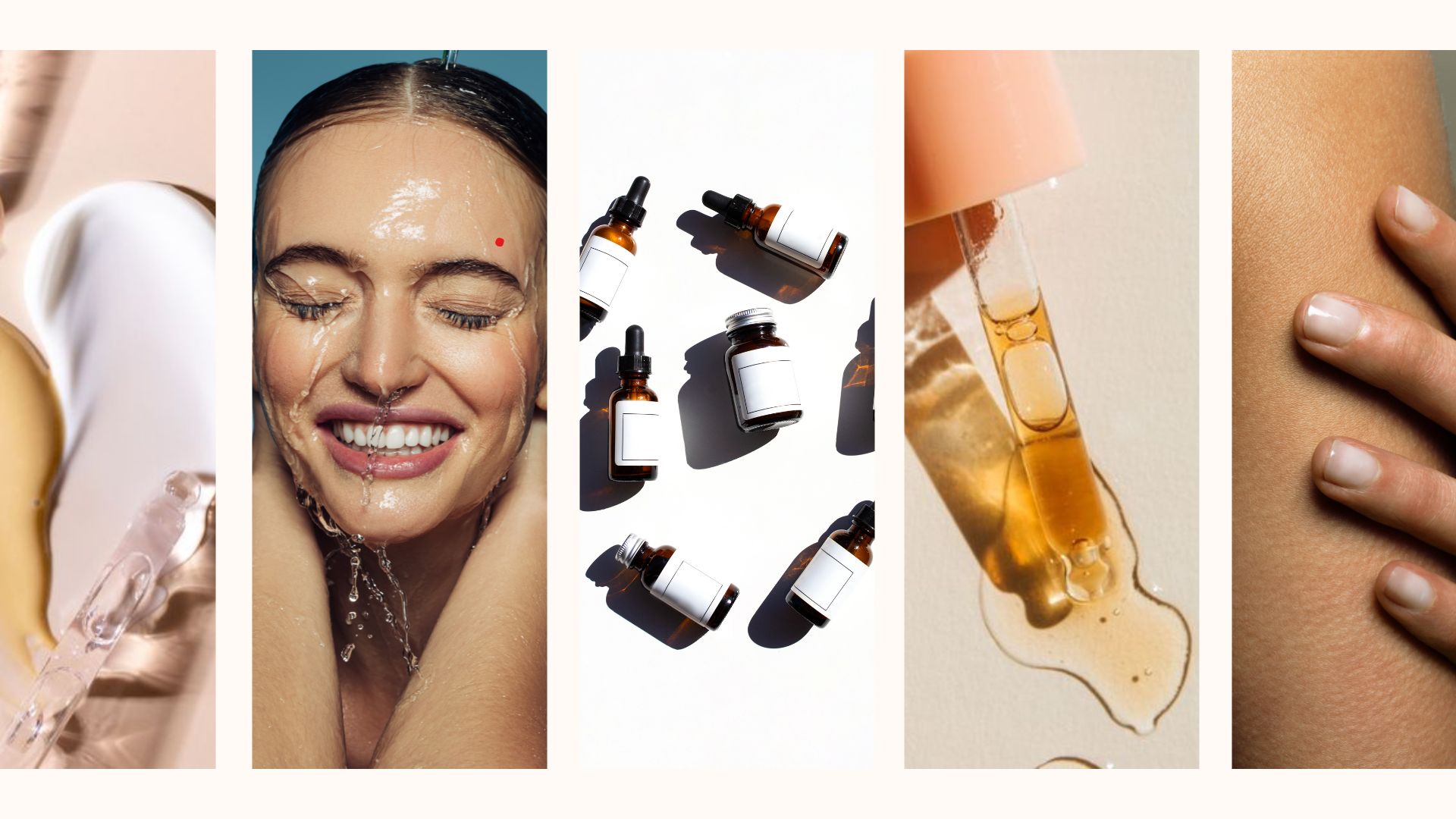

The days of simply cleansing, toning and moisturising are long gone. With so many different skincare products and ingredients on the market, working out what's best for your skin can be overwhelming.
You don't need a 12-step skincare routine to protect and nourish your skin - you just need a simple, solid routine and some consistency. Knowing which ingredients are right for your skin type will also go a long way.
We asked skincare experts and dermatologists for their advice to anyone looking to start a new skincare routine or refine the one they already have. Here are 32 skincare tips that will help you find the right routine - with some advice on retinol, niacinamide and other buzzy skincare ingredients thrown into the mix.
34 expert-approved tips on creating the right skincare routine for you
Always wear SPF
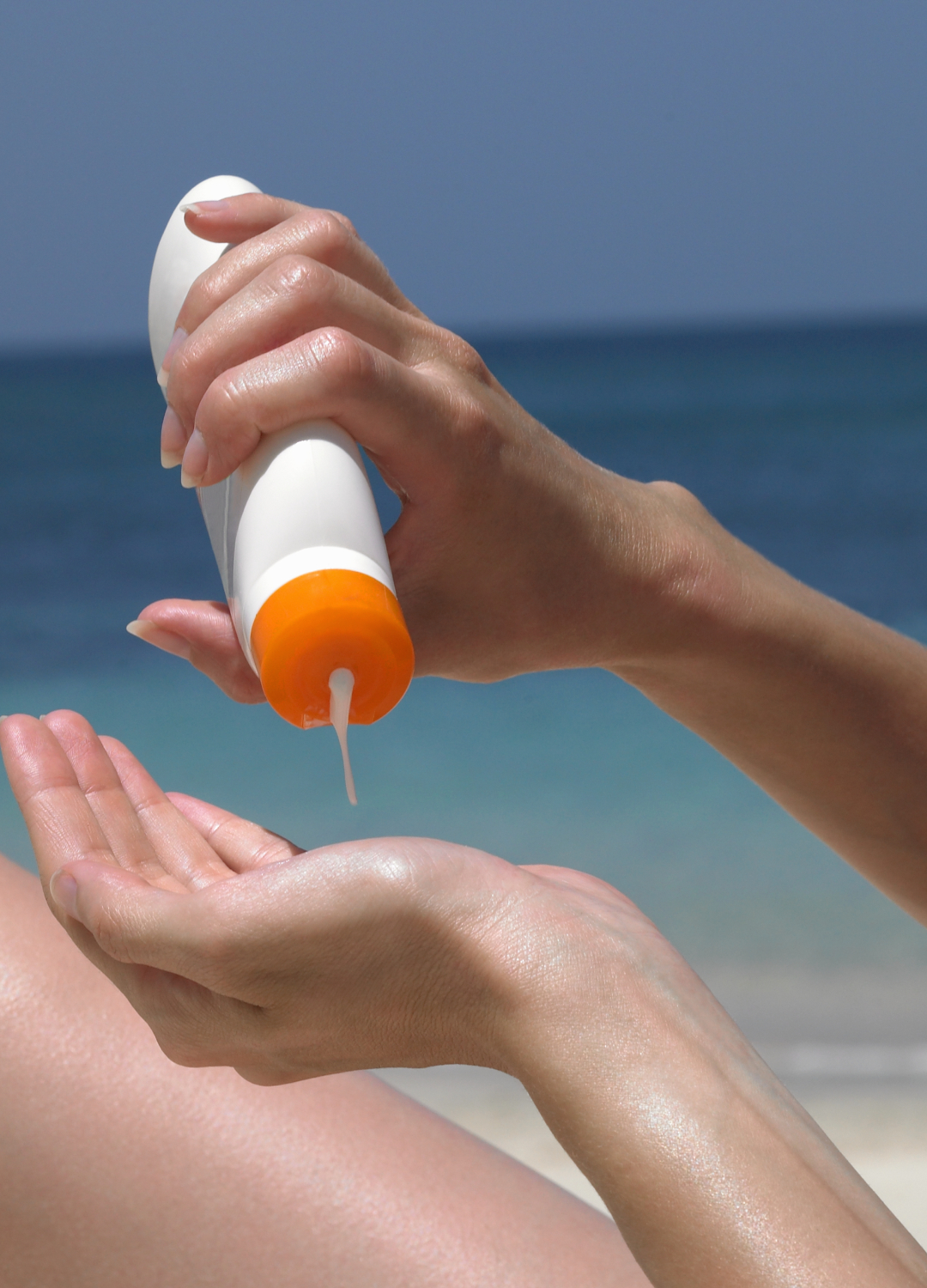
We're starting with the golden rule of skincare. Always make sure you wear SPF every single day, even in the winter months. Dr Clare Kiely, consultant dermatologist and founder of The Skin Diary explains, "Prioritise an SPF first and foremost. Cosmetic scientists have done an amazing job at formulating some great SPFs.
"It’s a matter of finding one that suits your skin and that you like enough to use every day. I find older patients tend to like moisturising SPFs whereas younger patients tend to like more gel-like mattifying formulations but that is a generalisation and it really depends on your skin type."
Shop the woman&home team's favourite SPFs
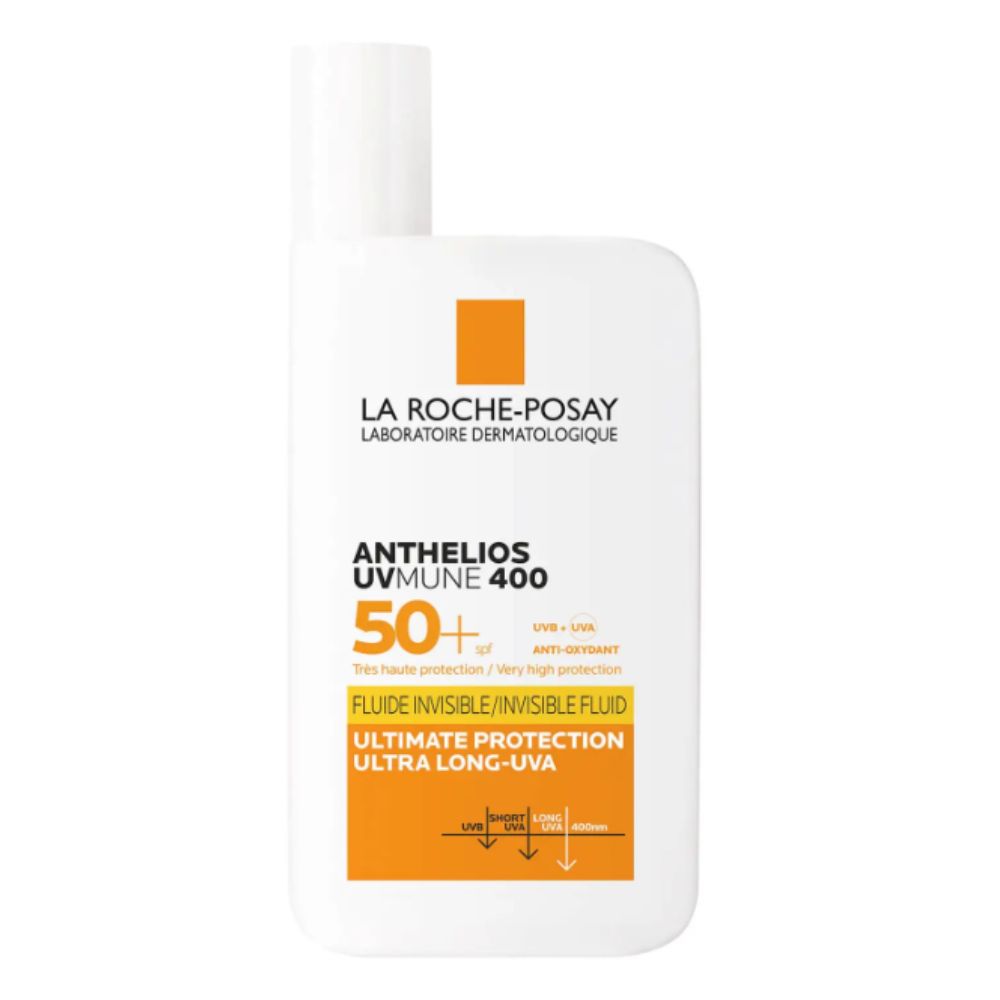
Fragrance-free, tested on sensitive skin, hypoallergenic and with portable, slimline packaging, this La Roche-Posay formula offers ultra-high SPF 50+ protection.

An affordable pick that has a legion of loyal fans (including many derms) - and for good reason, this facial moisturiser from CeraVe offers great protection while using the brand's blend of three ceramides, which help the skin barrier to function healthily.
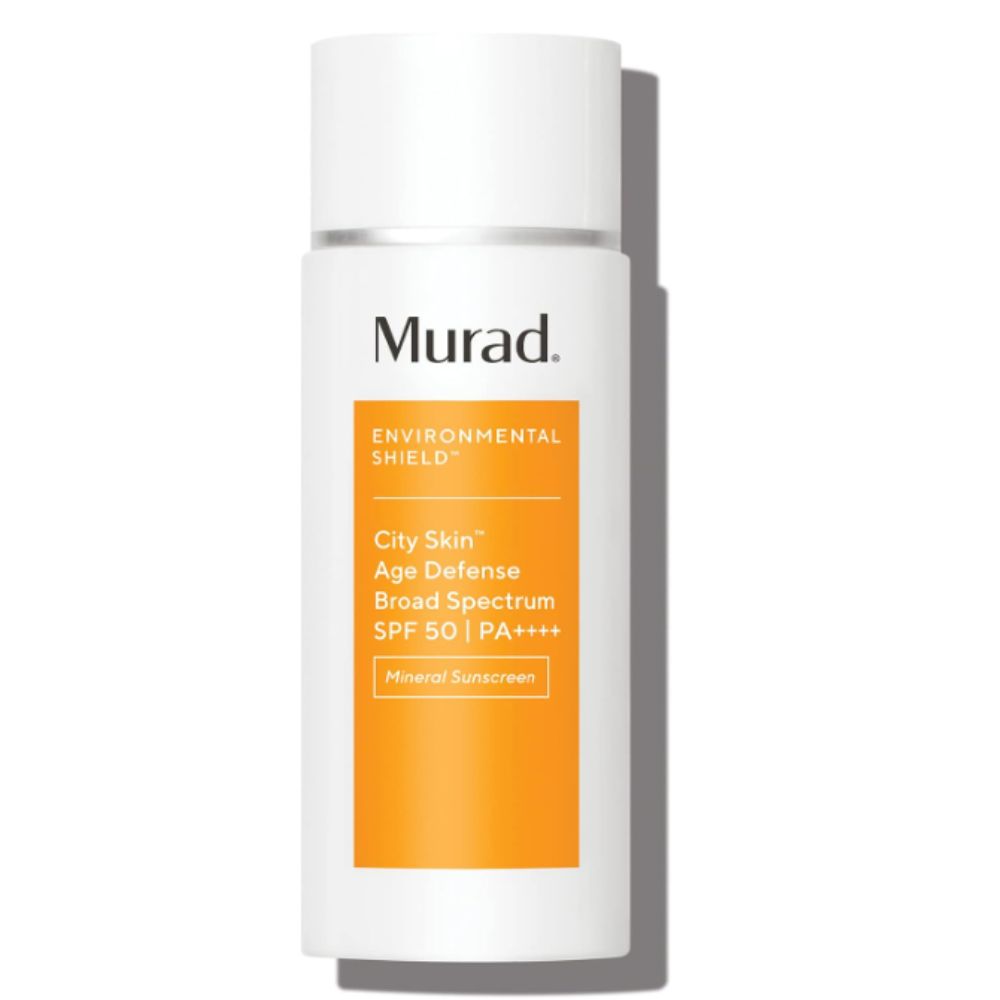
Murad's City Skin Age Defense Broad Spectrum SPF 50 is the ultimate choice for those who want the highest levels of protection and a lightweight formula. It's no easy feat to find a product that offers both but this wonder formula from Murad does just that.
Establish your skin type
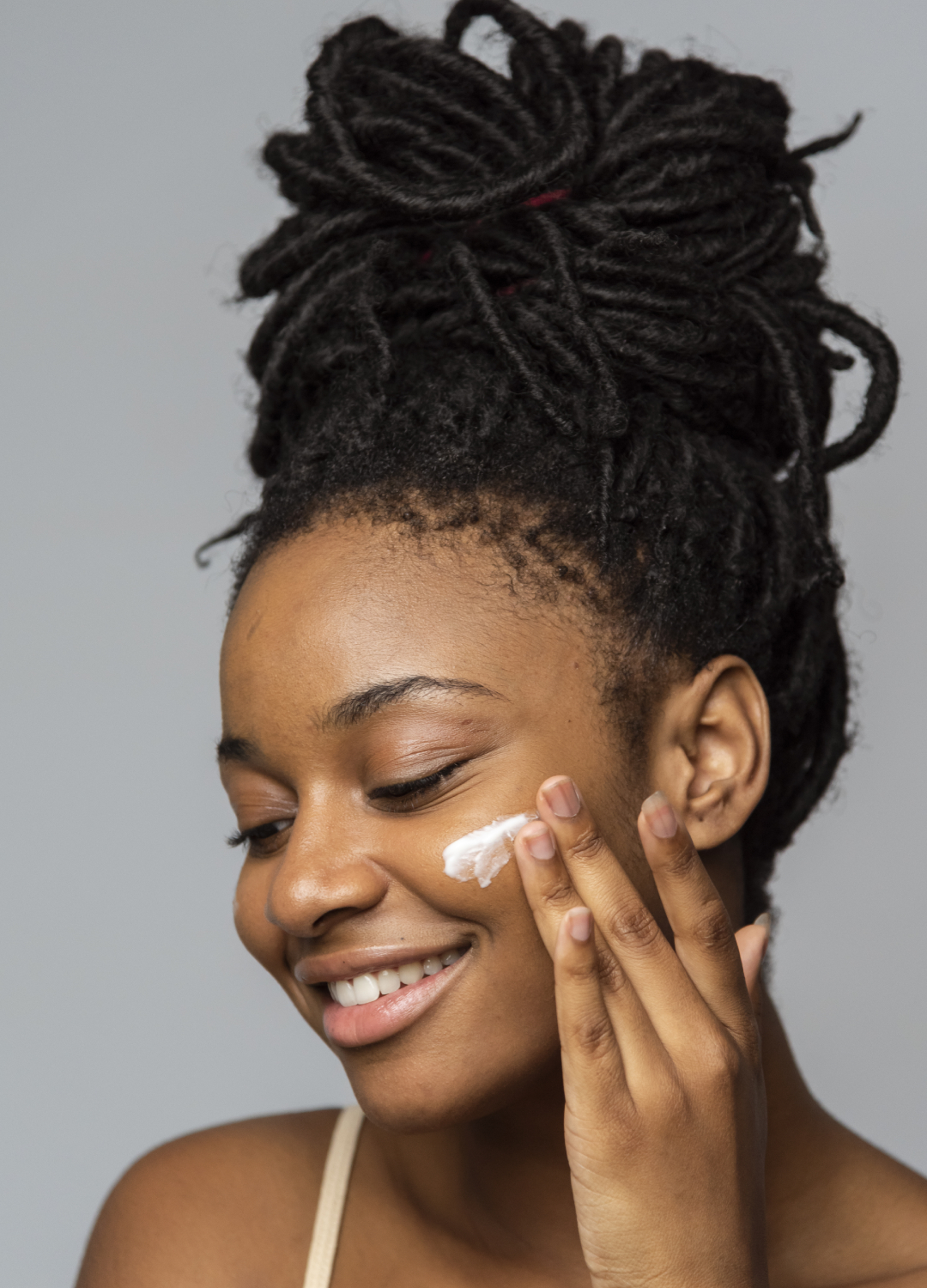
Dr Ifeoma Ejikeme, skincare expert and founder of Adona Medical Clinic explains, "Understanding your skin type and specific concerns is the first step of effective skincare.
Sign up for the woman&home newsletter
Sign up to our free daily email for the latest royal and entertainment news, interesting opinion, expert advice on styling and beauty trends, and no-nonsense guides to the health and wellness questions you want answered.
"It's essential to assess whether your skin is oily, dry, combination, sensitive, or acne-prone. Additionally, consider any particular issues you want to address, such as hyperpigmentation, fine lines, or dehydration."
Start with a simple routine
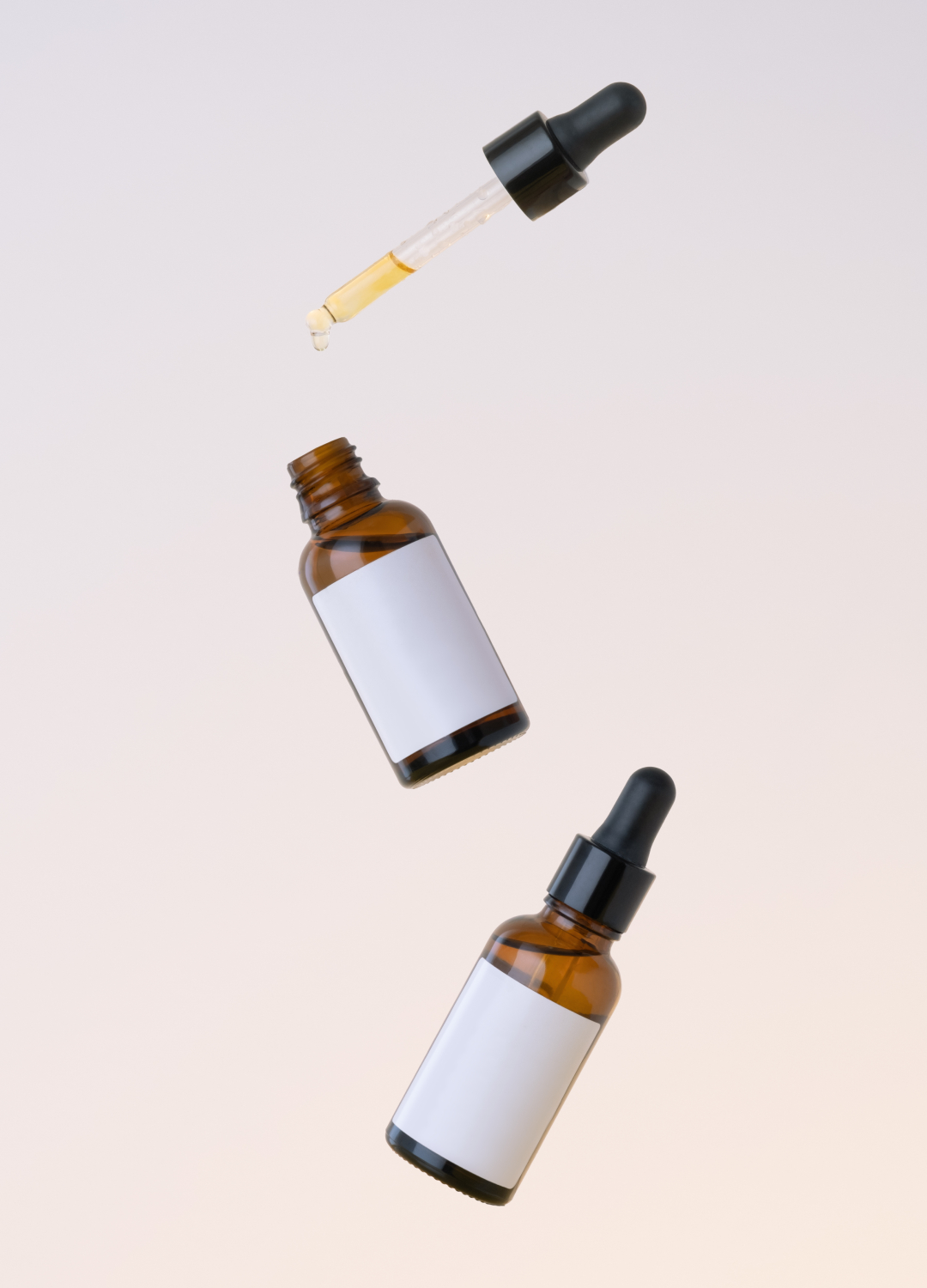
Consultant dermatologist Dr Clare Kiely advises keeping things simple, especially when starting your skincare journey.
"Simplifying your skincare means you’re much more likely to stick with it," she told us. "It also means that you can declutter that bathroom cabinet, which is full of half-used products that are probably out of date and lost their efficacy. Less products and less packaging means less waste, which is better for the environment."
Make sure you chose the right SPF if you have sensitive skin
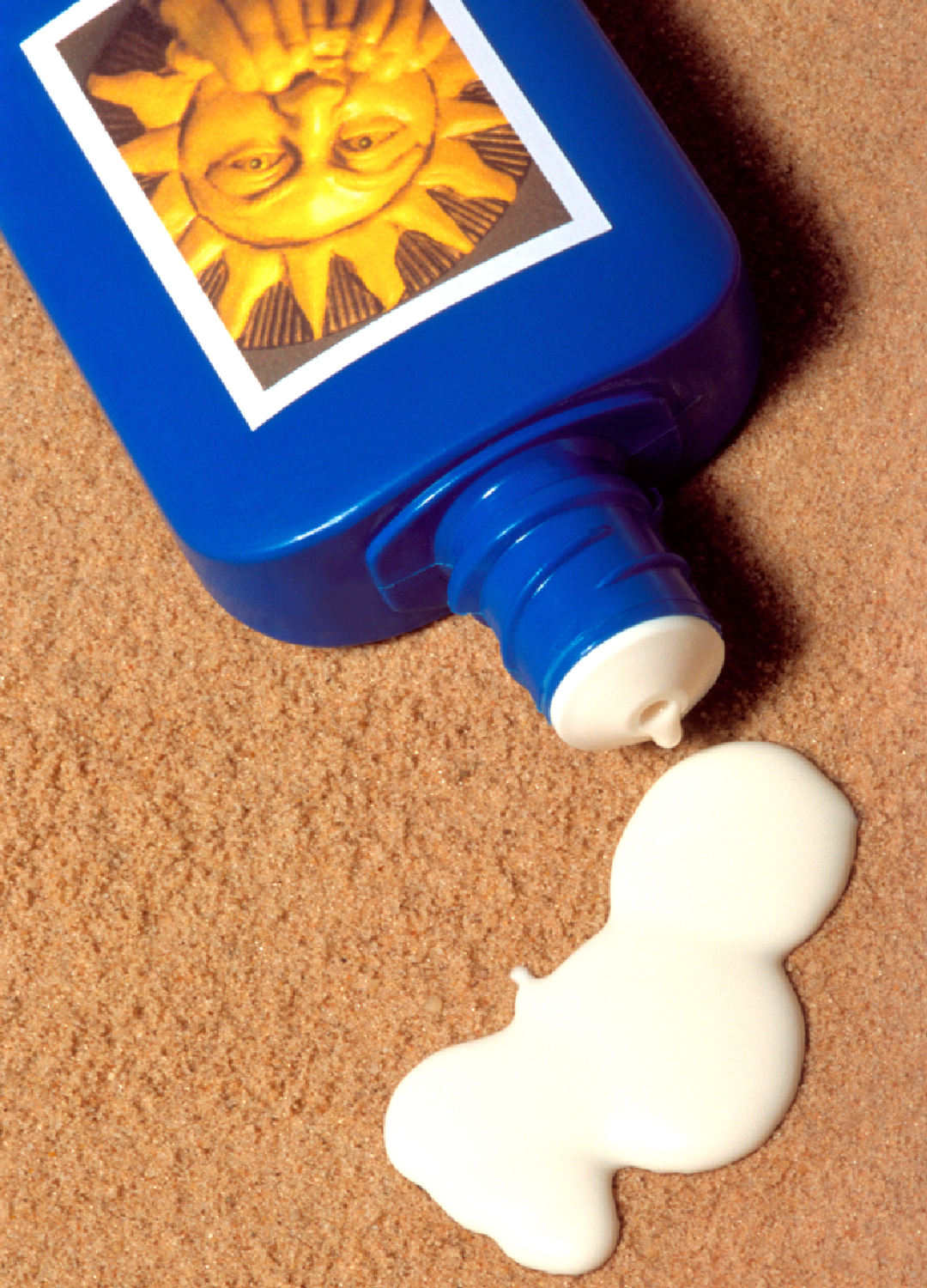
Sarah Murrell, founder of By Sarah Skincare, reiterates how important it is to choose the right SPF for your skin type, particularly if you have sensitive skin.
"Choose the right SPF. For sensitive skin, I recommend looking for a broad-spectrum, fragrance-free formula that's dermatologically tested. This means your skin is protected from damaging UV rays, whilst also preventing any irritation from essential oils or added fragrance."
Choose a gentle cleanser - whatever your skin type
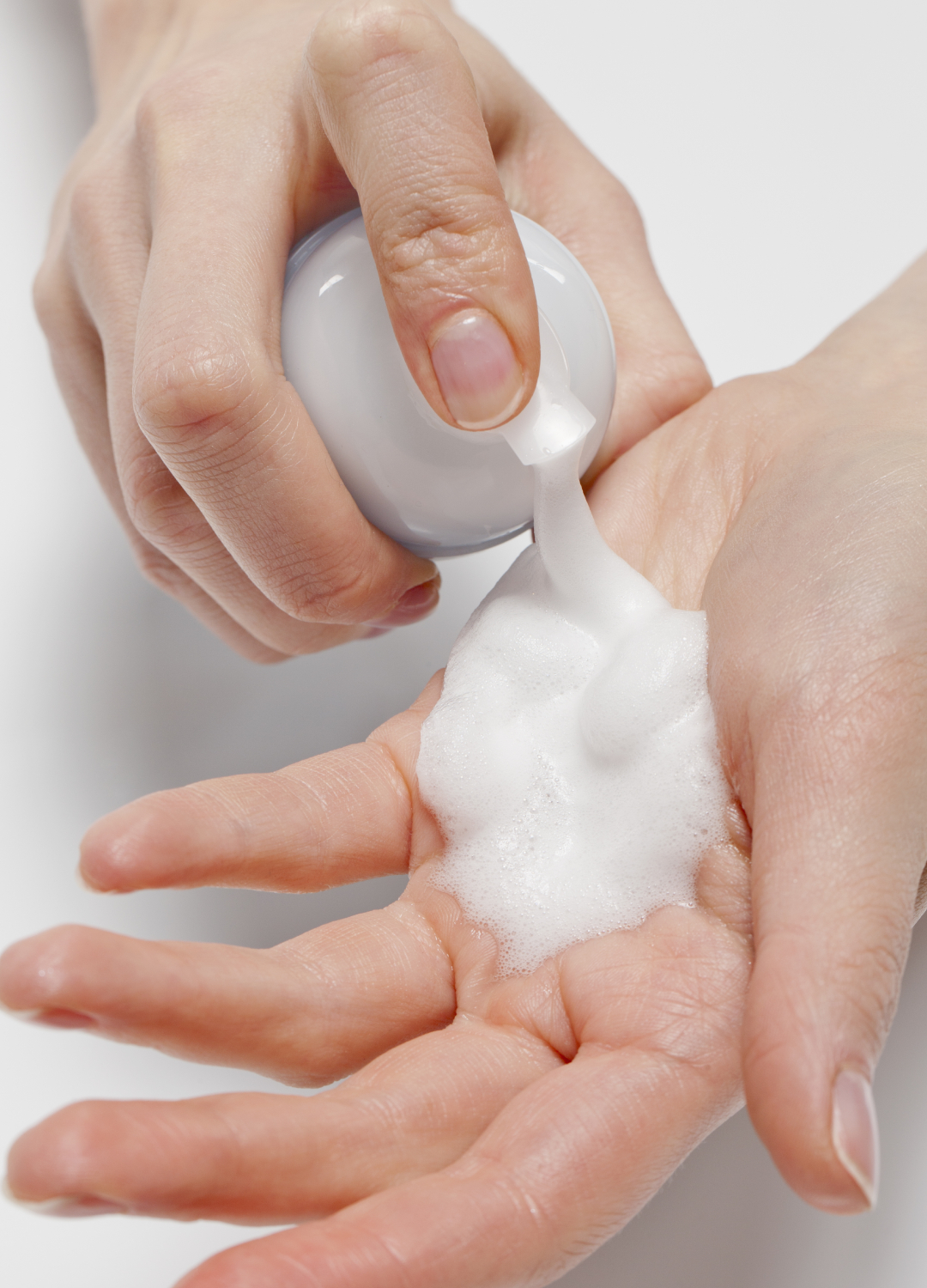
Skincare expert Sarah Murrell advises trying a gentle cleanser, whatever your skin type. She suggests, "Opt for a mild, sulfate-free cleanser that effectively cleanses without stripping the skin or disrupting its delicate oil and pH balance."
Listen to your skin
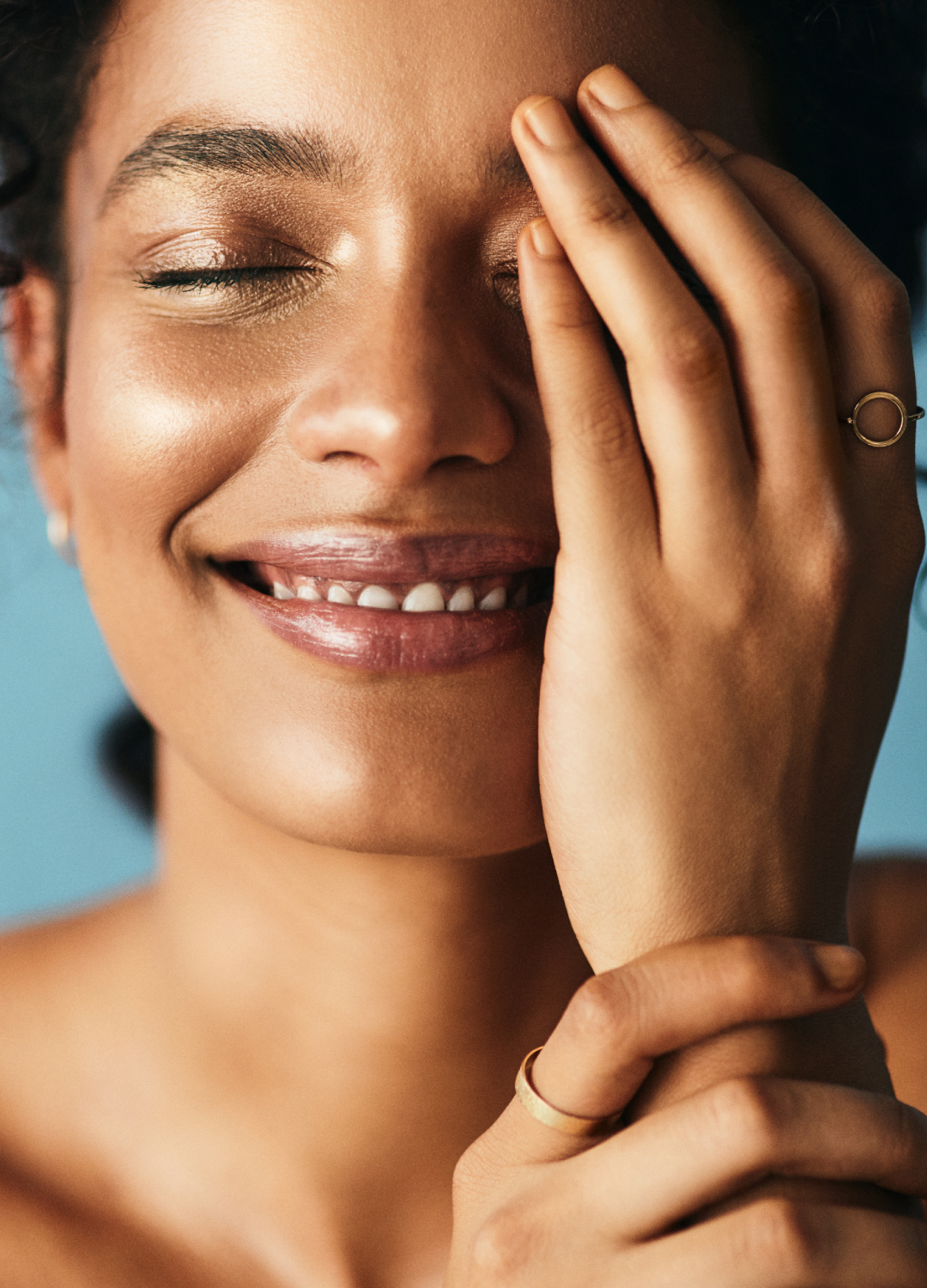
Your skin will change over time and it's important to pay attention to the subtle differences, skincare expert Sarah Murrell suggests.
"Your skin type, needs and concerns will change over time," she told us. "The best way to protect your skin is to create healthy habits, from a consistent skincare routine to carefully considered diet and lifestyle choices."
Adapt your morning and evening skincare routines
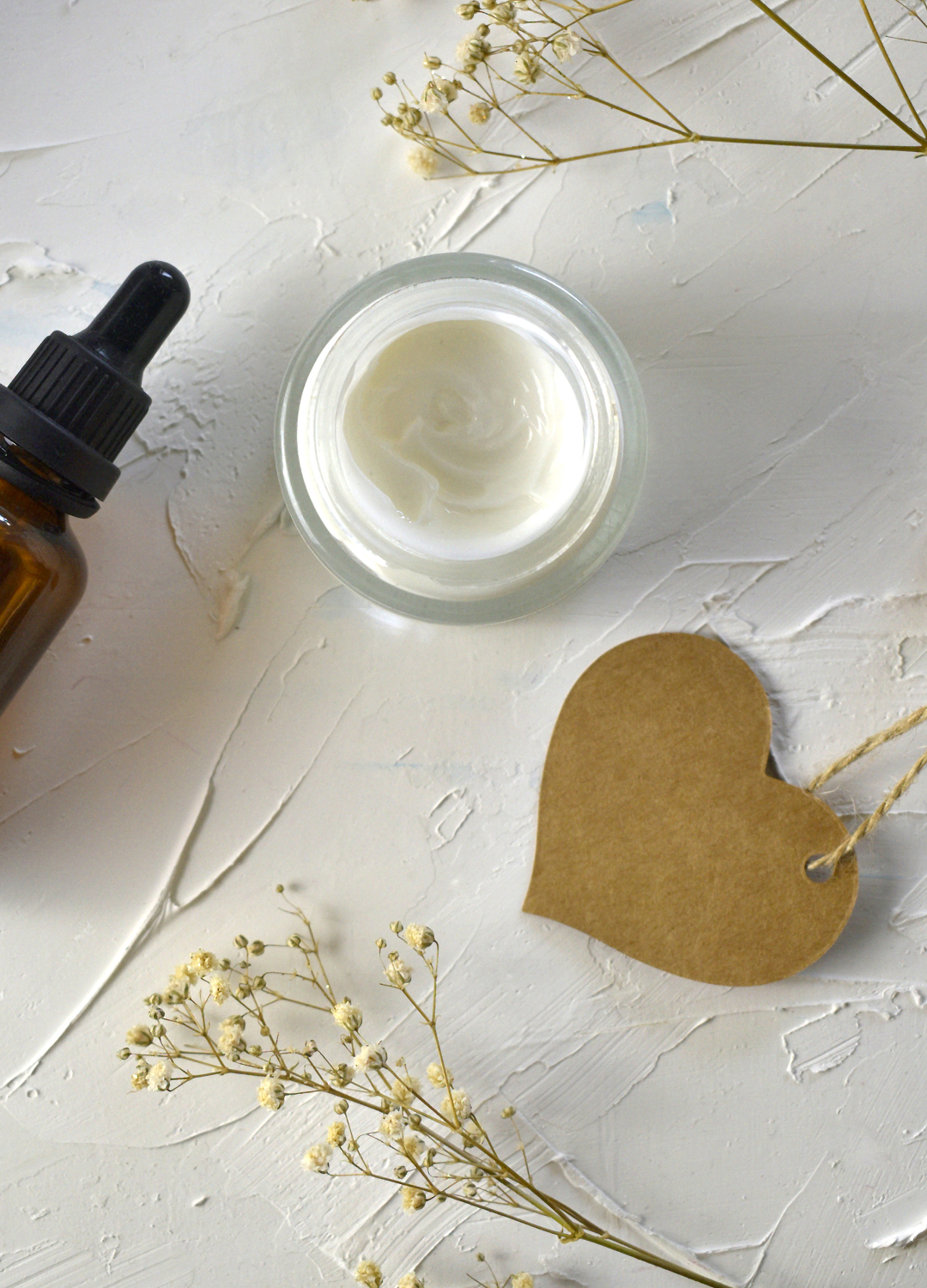
It's important to ensure you adapt your skincare for morning and night, as Consultant dermatologist Dr Clare Kiely recommends. "As a guideline, for most, I would recommend the following skincare routine; in the morning - cleanse, antioxidant, SPF. Then at night cleanse, treat (e.g. retinoid/AHA), night cream (with peptides)."
Be wary of irritants

Consultant dermatologist Dr Clare Kiely advises against anything that could be too harsh on your skin, especially if you have sensitive skin. "Overusing exfoliants, essential oils and fragrances is a sure way to irritate your skin," she explained.
Think about introducing tools into your routine
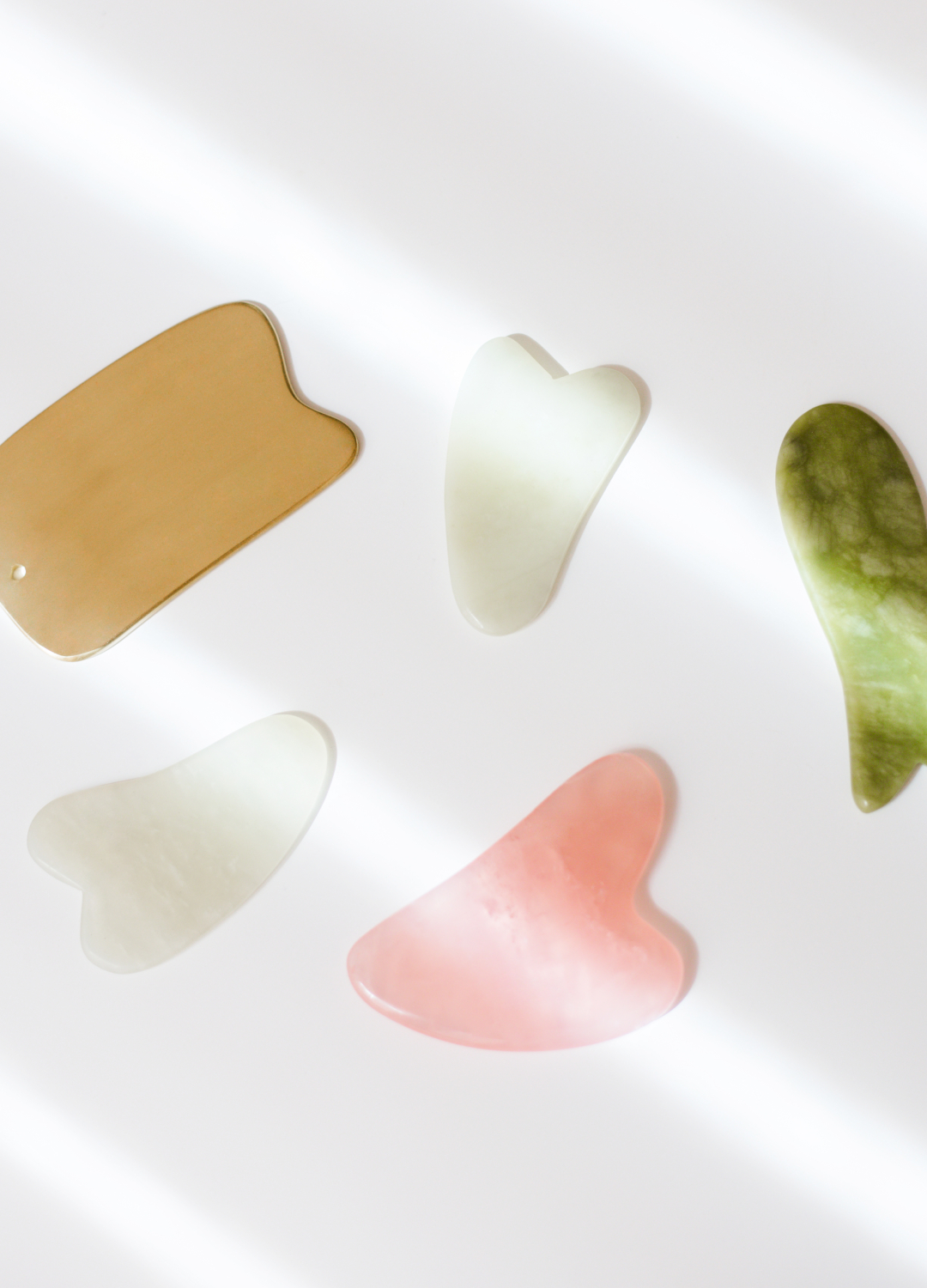
A facial brush can be a great aid to deep cleansing, though it's important to be mindful if you have sensitive skin. For a night time massage, try a gua sha tool or jade roller to boost circulation alongside a facial oil.
Consistency is key
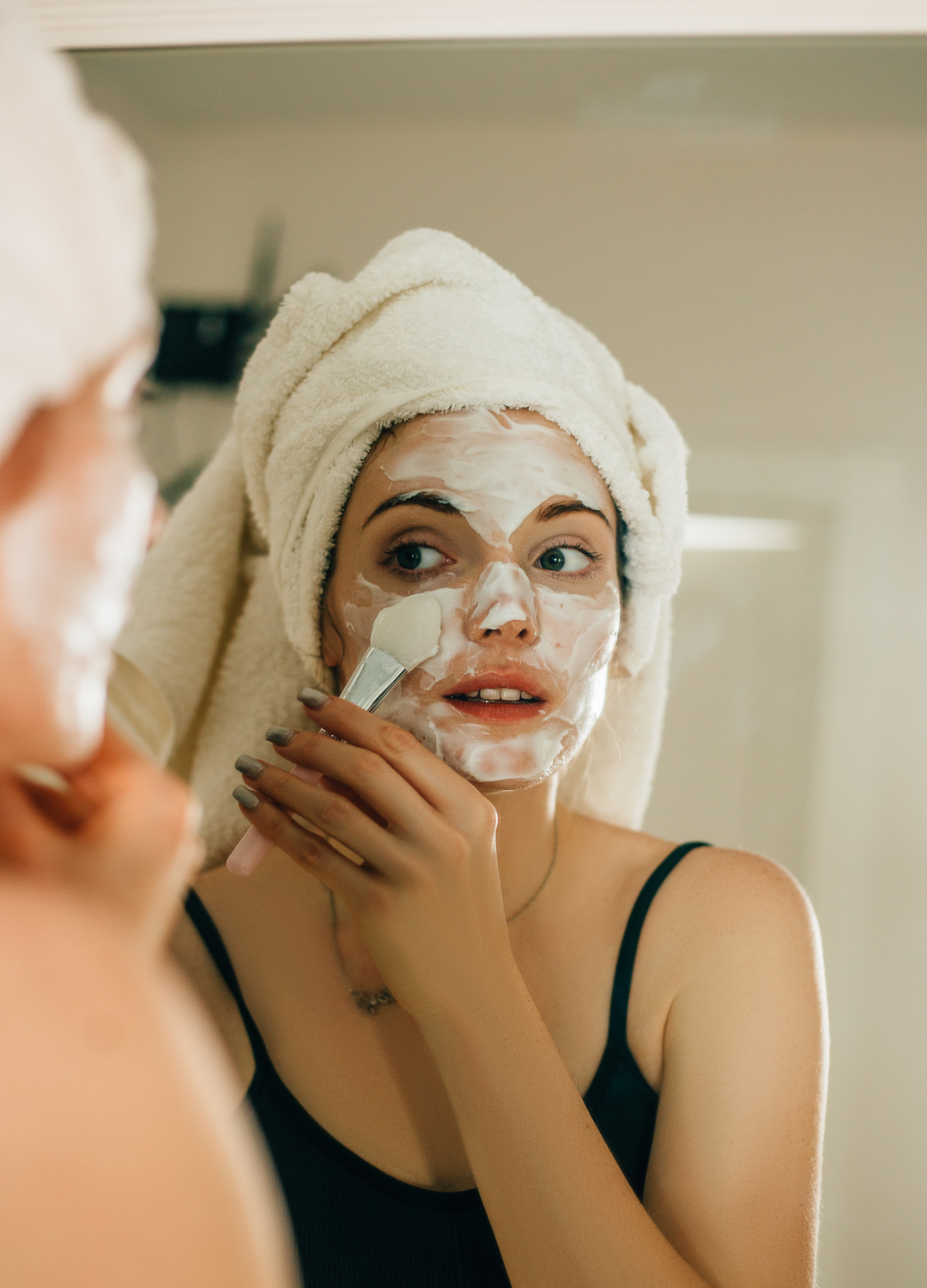
"Consistency is key to achieving and maintaining healthy skin," skincare expert Sarah Murrell told us. "Regular application of your skincare ensures that your skin receives continuous benefits, which leads to visible improvements over time."
Add a face mask into your routine
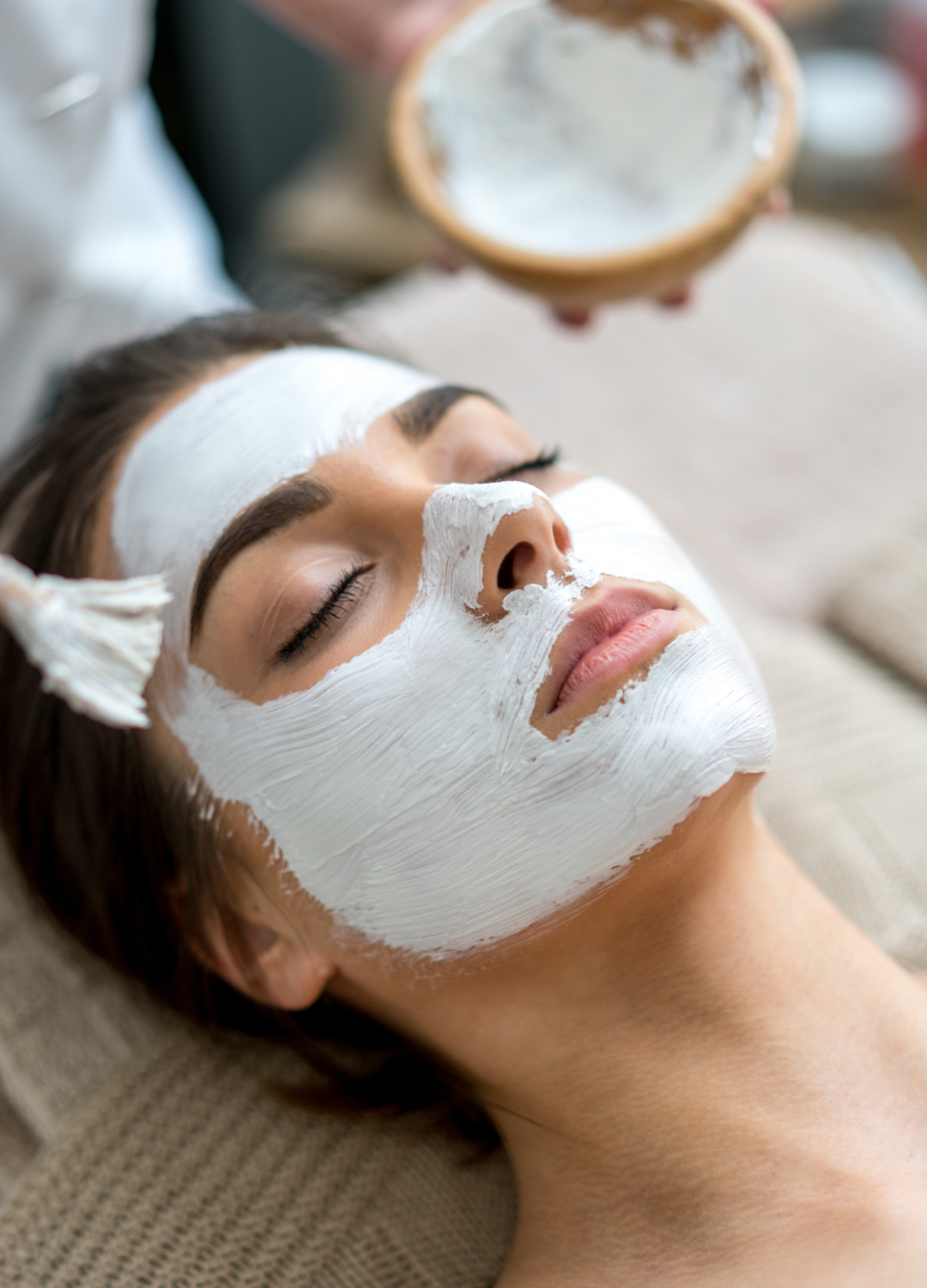
Face masks can be a great addition to your skincare routine, but only use them in moderation, our expert suggests. Skincare expert Dr Ifeoma Ejikeme explains, "With hydrating masks, use one to two times a week to boost moisture levels. Try these in times skin is feeling dry or a little irritated. While you should use clay masks if you have oily or acne-prone skin to draw out impurities."
Look for a serum with antioxidants
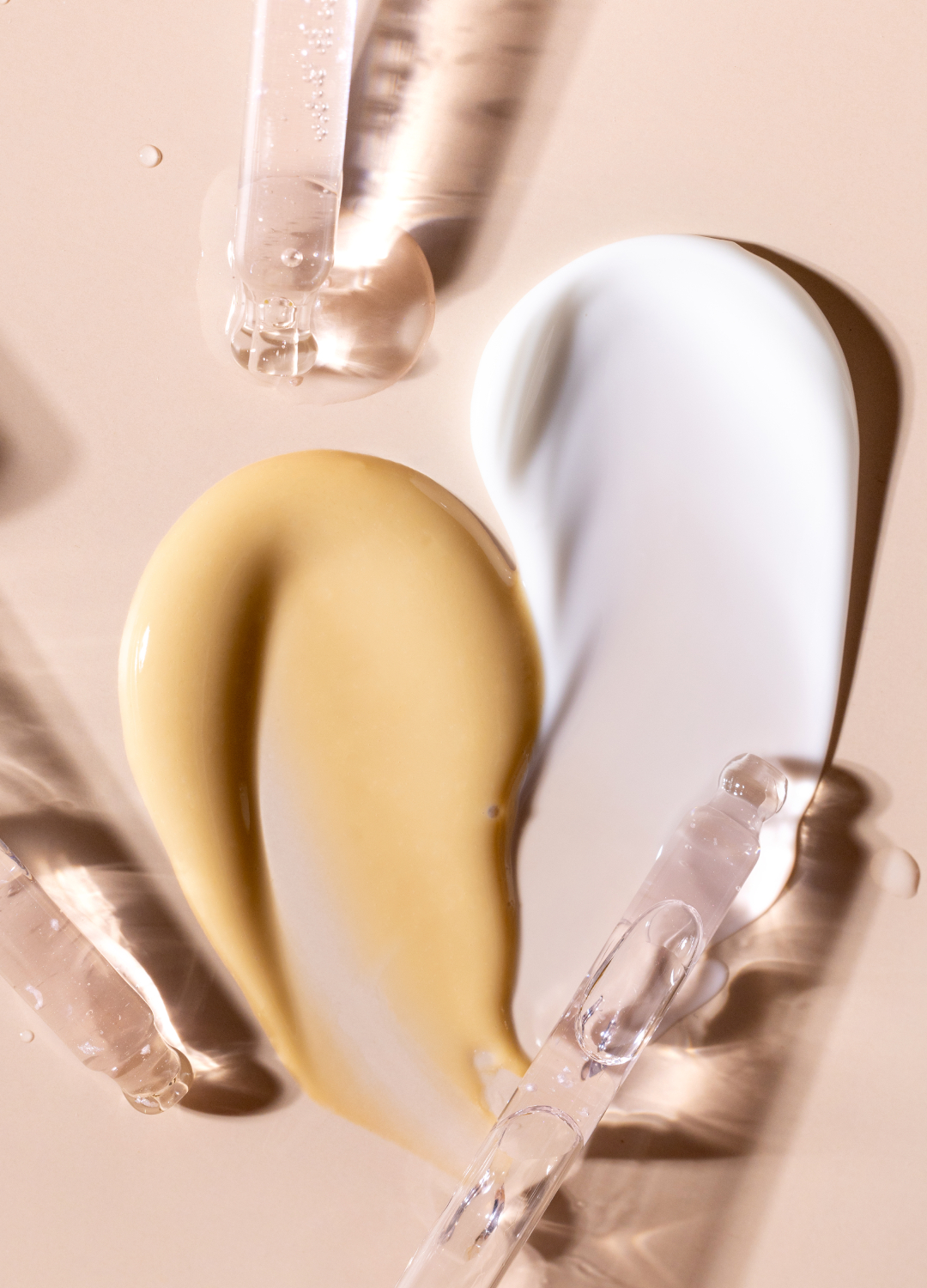
A serum is a very important part of a skincare routine and it's worthwhile looking for one with the right ingredients. Skincare expert Dr Ifeoma Ejikeme suggests, "Use a hydrating serum with ingredients like niacinamide or vitamin C as these antioxidants will help protect your skin."
Build in exfoliation, but only once a week
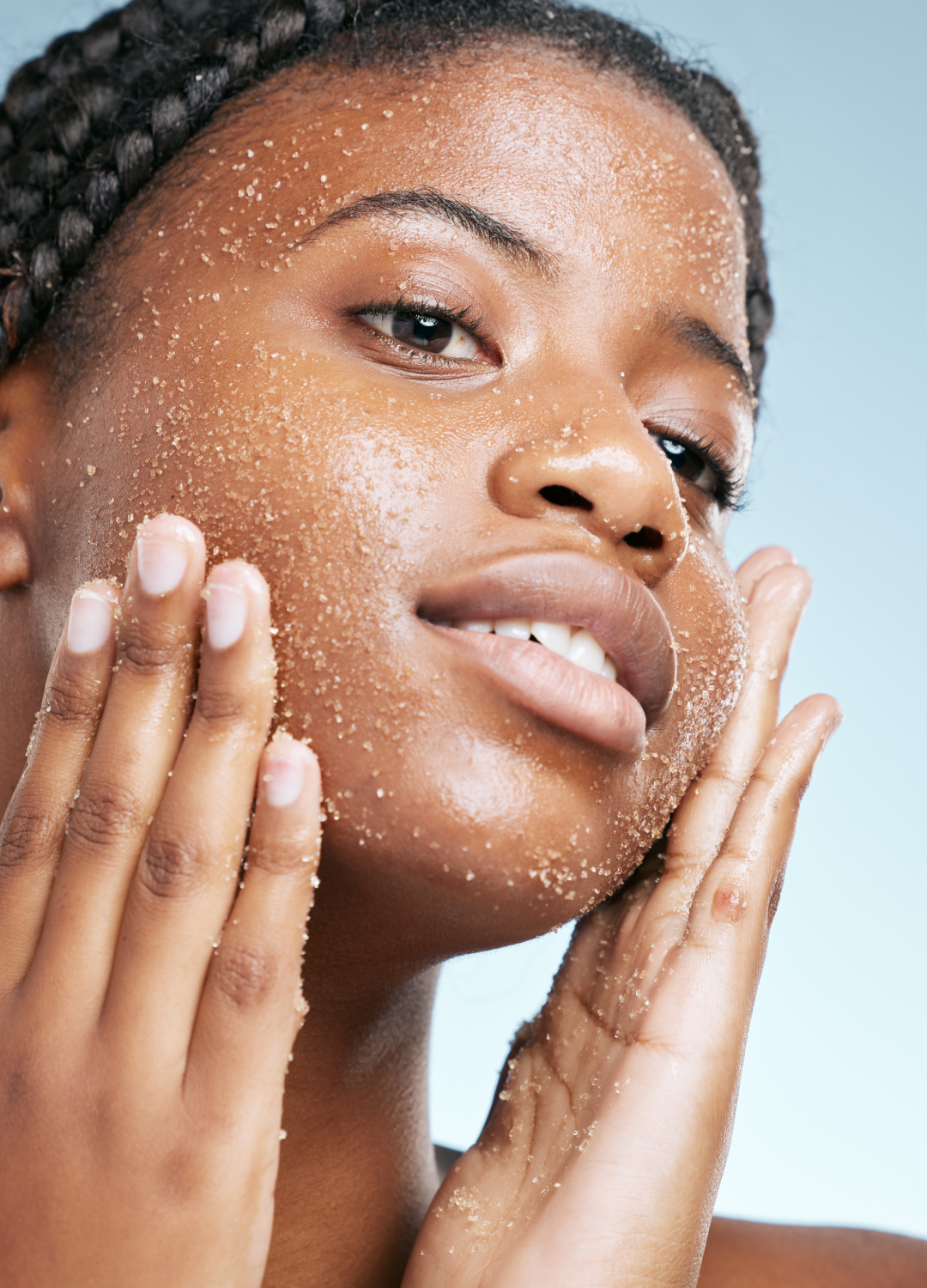
Exfoliation helps slough off dead skin cells and encourages cell regeneration. But over-exfoliation can irritate sensitive skin and encourage excess oil production. Opt for a once-a-week exfoliation session.
Adapt your skincare for the seasons
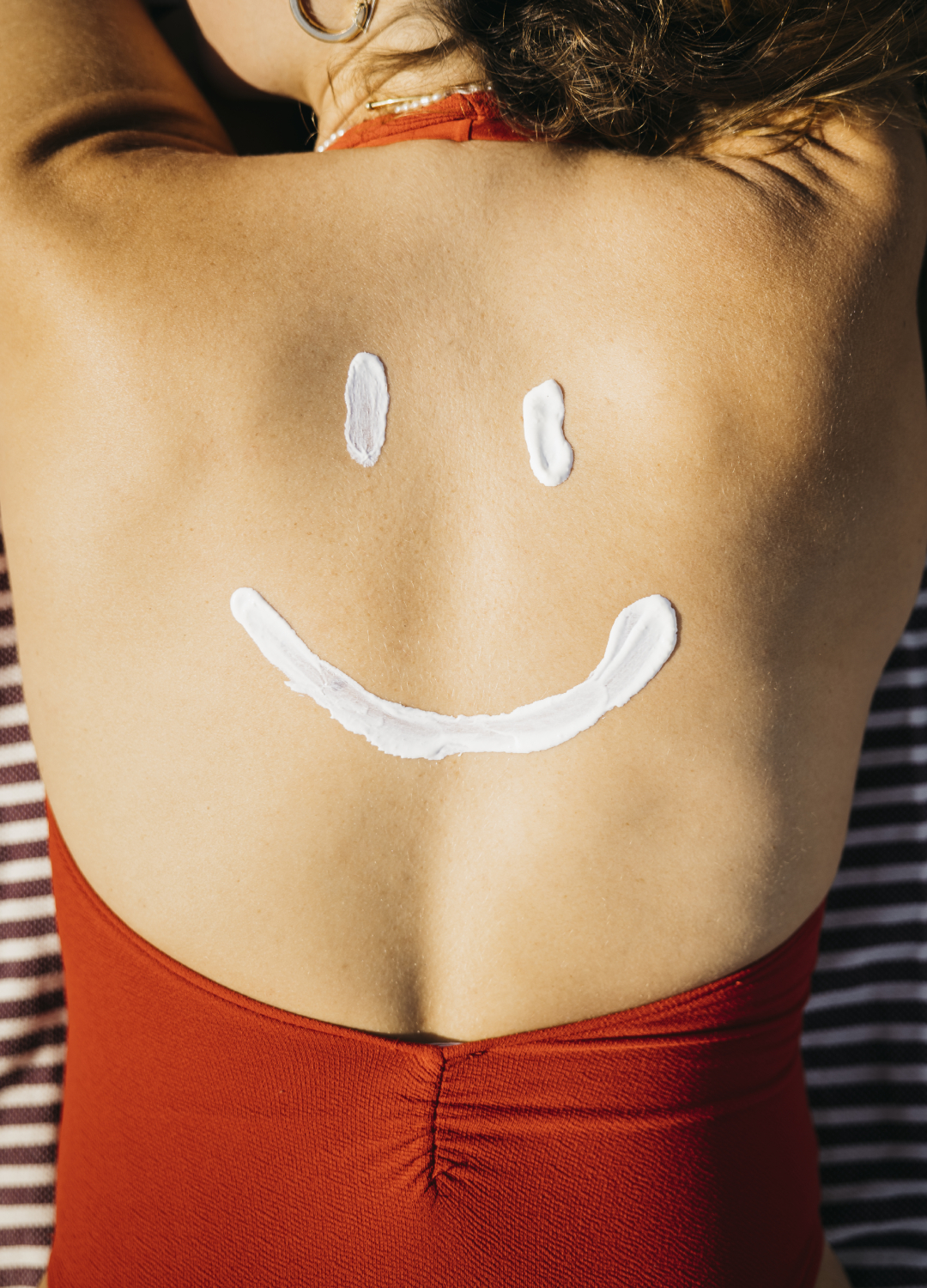
Consultant dermatologist Dr Clare Kiely reiterates how important it is to switch up your skincare for the summer months. She suggests, "No matter how diligent you are with your sunscreen, it is inevitable to get much more UV exposure in the summer.
"UV is responsible for 80% of skin ageing and pigmentation and it even depletes all important antioxidants like vitamin C and vitamin E in the stratum corneum (the outermost layer of the skin). With busy summer living and travelling, it’s easy to let skin routines slip but a consistent routine with an antioxidant and sunscreen in the morning and a reparative night helps reduce damage and sets you up for healthier skin as you age."
Consider double cleansing

Using two cleansers can help to remove debris, makeup, and oil from the day. Start with an oil cleaner to remove stubborn makeup and then a foaming cleanser to purify the skin.
Use a targeted eye cream
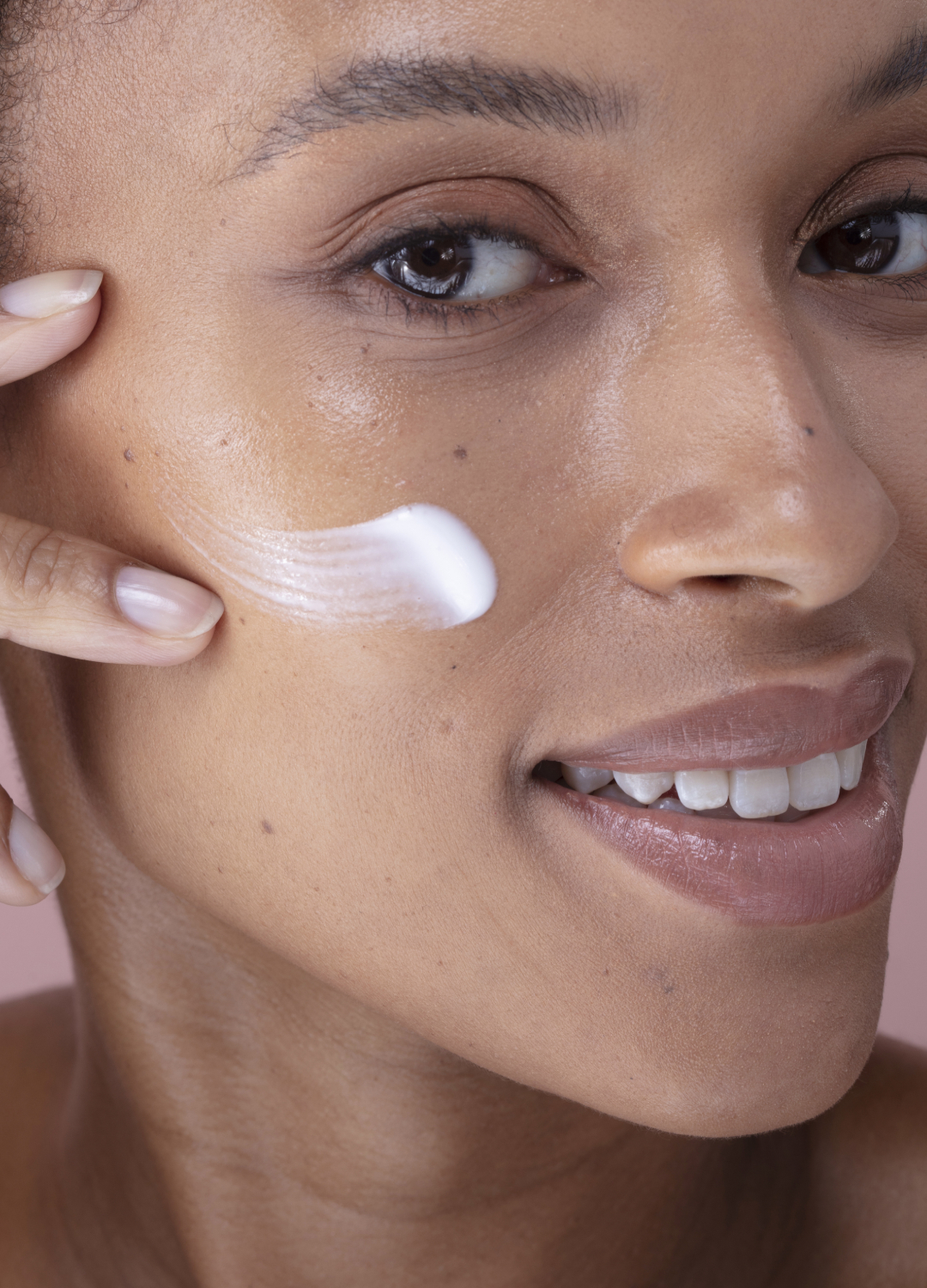
A good eye cream can make all the difference and it's not a step you should miss. Skincare expert Dr Ifeoma Ejikeme suggests, "Eye cream is really important, use it to address concerns like puffiness or dark circles."
Use cold water when cleansing
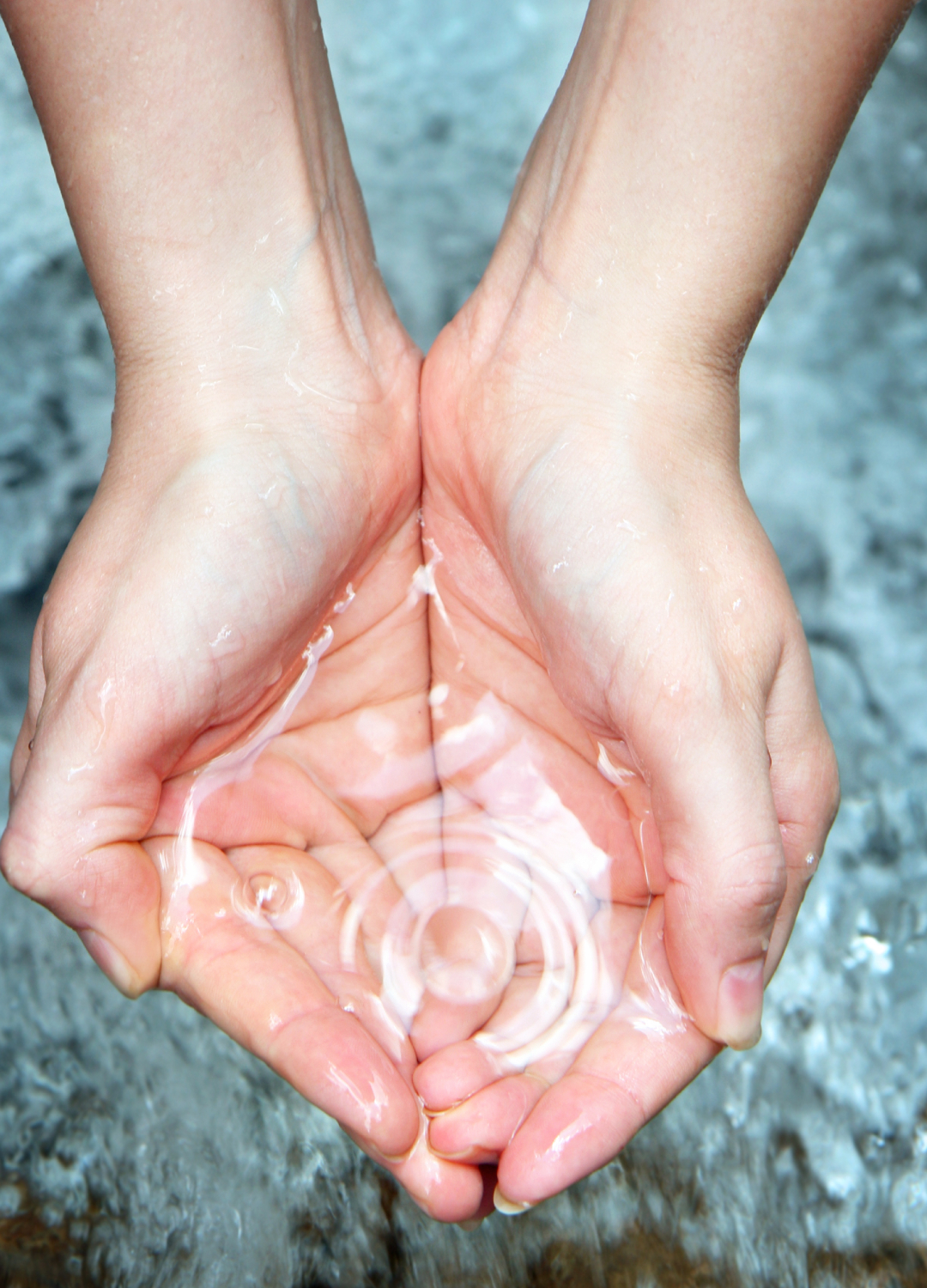
Hot water can wreak havoc on your skin (and your hair - so be careful with a hot shower!) If you prefer warm water, tepid is best, but cooler water is much gentler on the skin.
Those with oilier skin should be wary of layering

For those with oilier skin types, layering too many products can increase the risk of acne and pimples. Dermatologist Dr Clare explains, "In our dermatology clinics, we are seeing increasing rates of periorificial dermatitis, an acneiform eruption caused by overuse of products with active ingredients.
"Its treatment is very different from acne. It can be stubborn and all active ingredients have to be stopped in order to treat it and de-stress the skin."
Consider 'skin cycling'
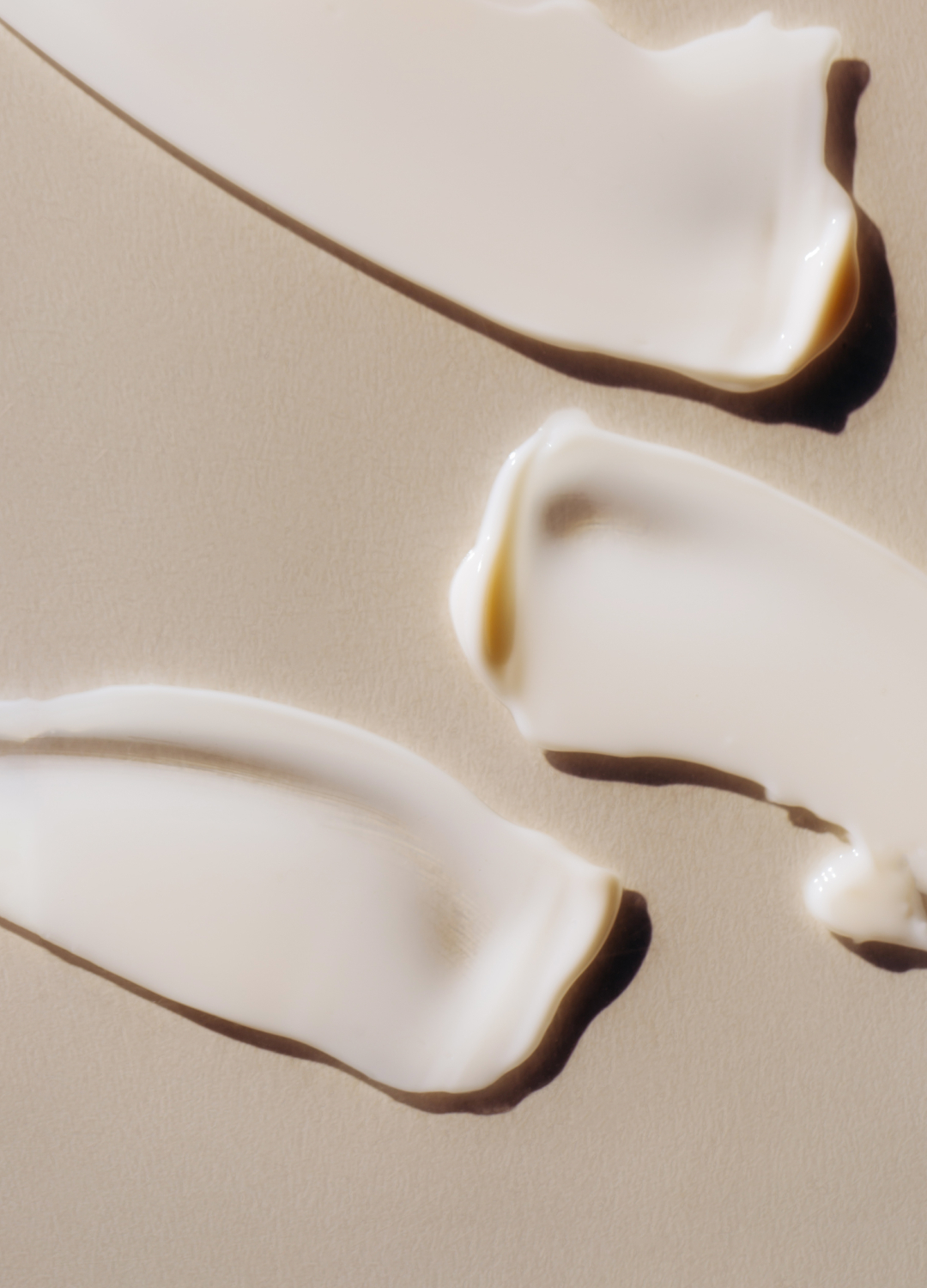
Skin cycling essential means giving your skin a few days to recover from more active products, dermatologist Dr Clare Kiely advises, "If you want to utilise different active ingredients like retinoids, peptides, AHAs and antioxidants, I like skin cycling routines especially if you are using prescription retinoids.
"This means using different ingredients on different days so that you are not overloading the skin. It also allows your skin to adapt to ingredients such as retinoids, which are wonderful but can irritate if overused and you can build up tolerance to suit your own unique skin needs."
Be wary of using too many active ingredients
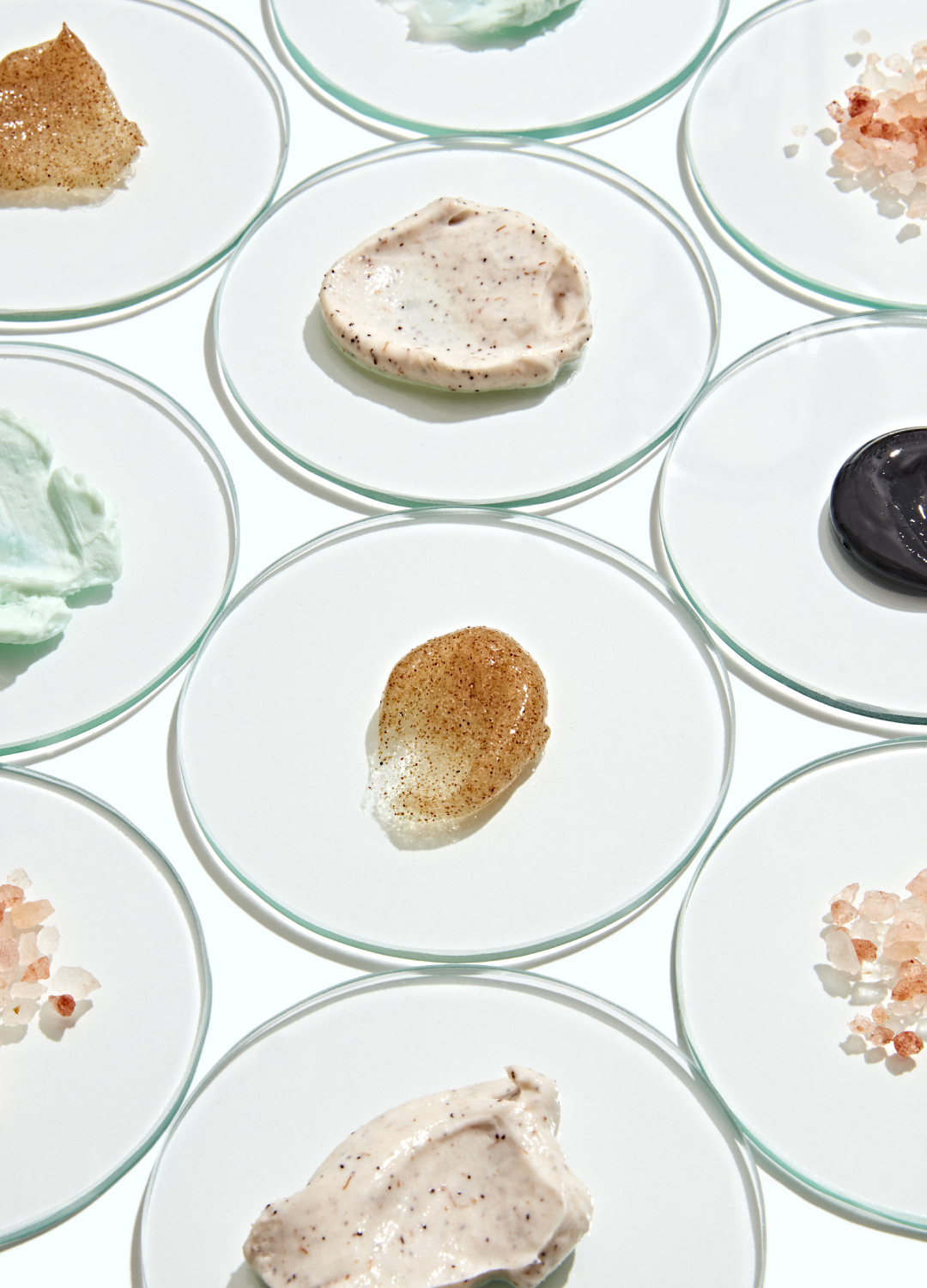
Especially when starting your skincare journey, be wary of using abrasive ingredients. Dermatologist Dr Clare Kiely advises, "Beware of too many actives at once such as retinoids, ascorbic acid, benzoyl peroxide and AHA/BHAs can lead to problems such as dryness, redness, breakouts and dermatitis."
If your skin is sensitive, try hyaluronic acid
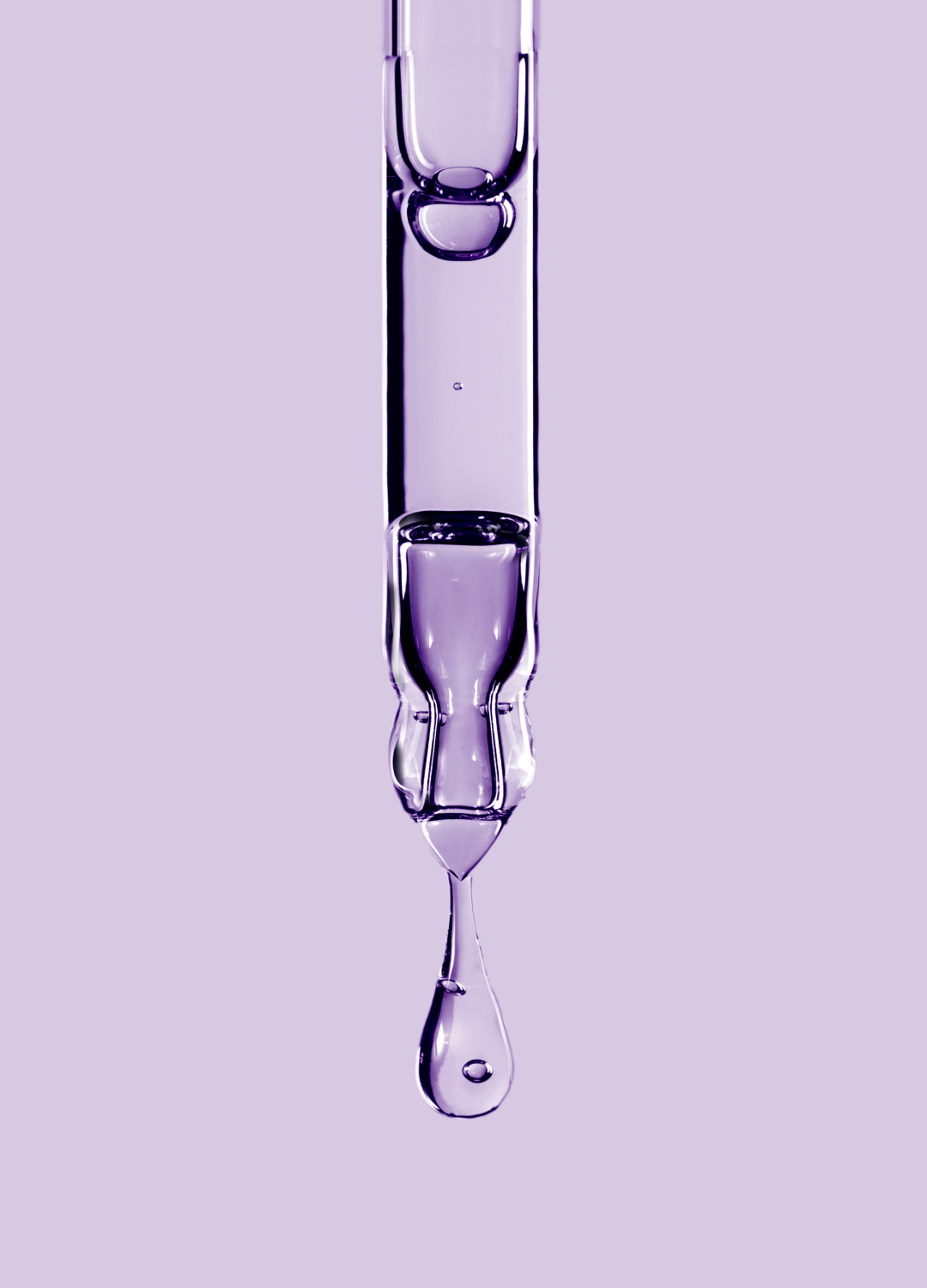
A hyaluronic acid serum is a great tool for boosting hydration and can be layered underneath your usual moisturiser. Skincare expert Dr Ifeoma Ejikeme advises that if you have dehydrated skin this ingredient, "Provides deep hydration without irritation."
Think about supplements
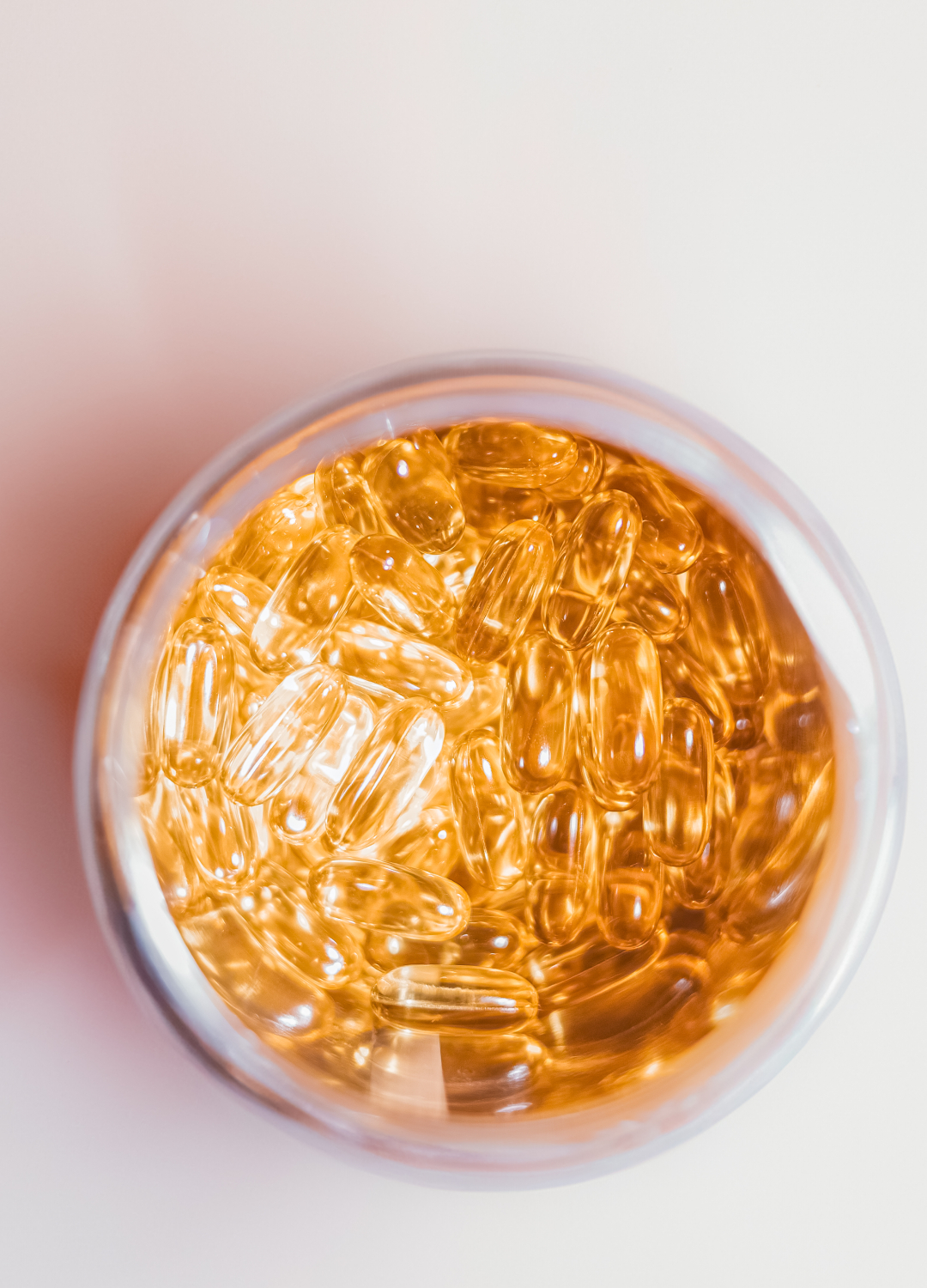
Supplements can be a great addition to a skincare routine, whether that means a collagen mix, or a hyaluronic booster. There are many schools of thoughts when it comes to supplements, so it's important to work out what's right for you.
If your skin is dry, look for glycerin
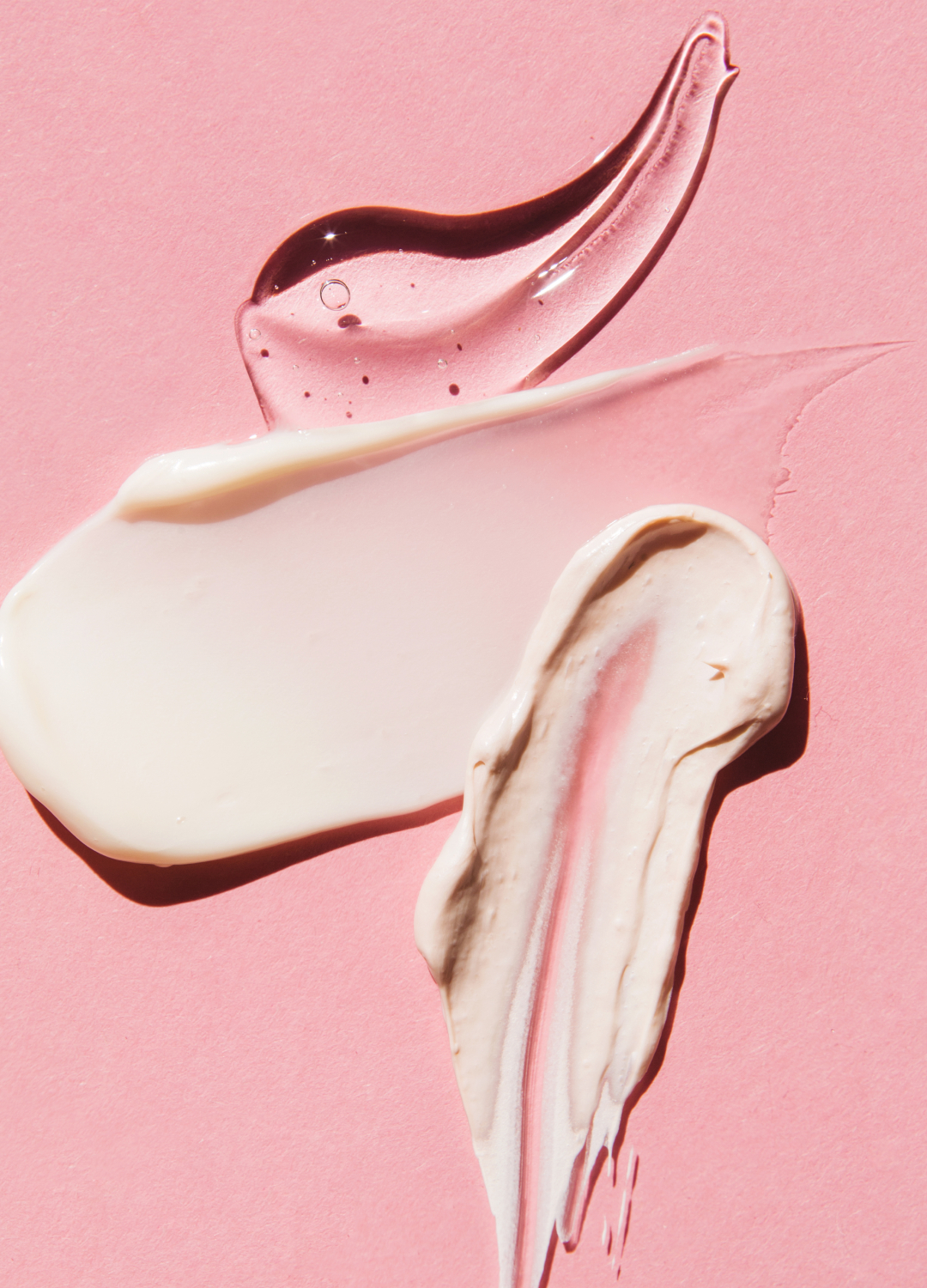
Skincare expert Sarah Murrell suggests that if you have dry skin, "You'll want to look for skincare products that will hydrate, soothe and protect your skin barrier. Ingredients like glycerin help to attract moisture to the skin, while naturally-derived hyaluronic acid helps our skin retain moisture."
Invest in a silk pillowcase
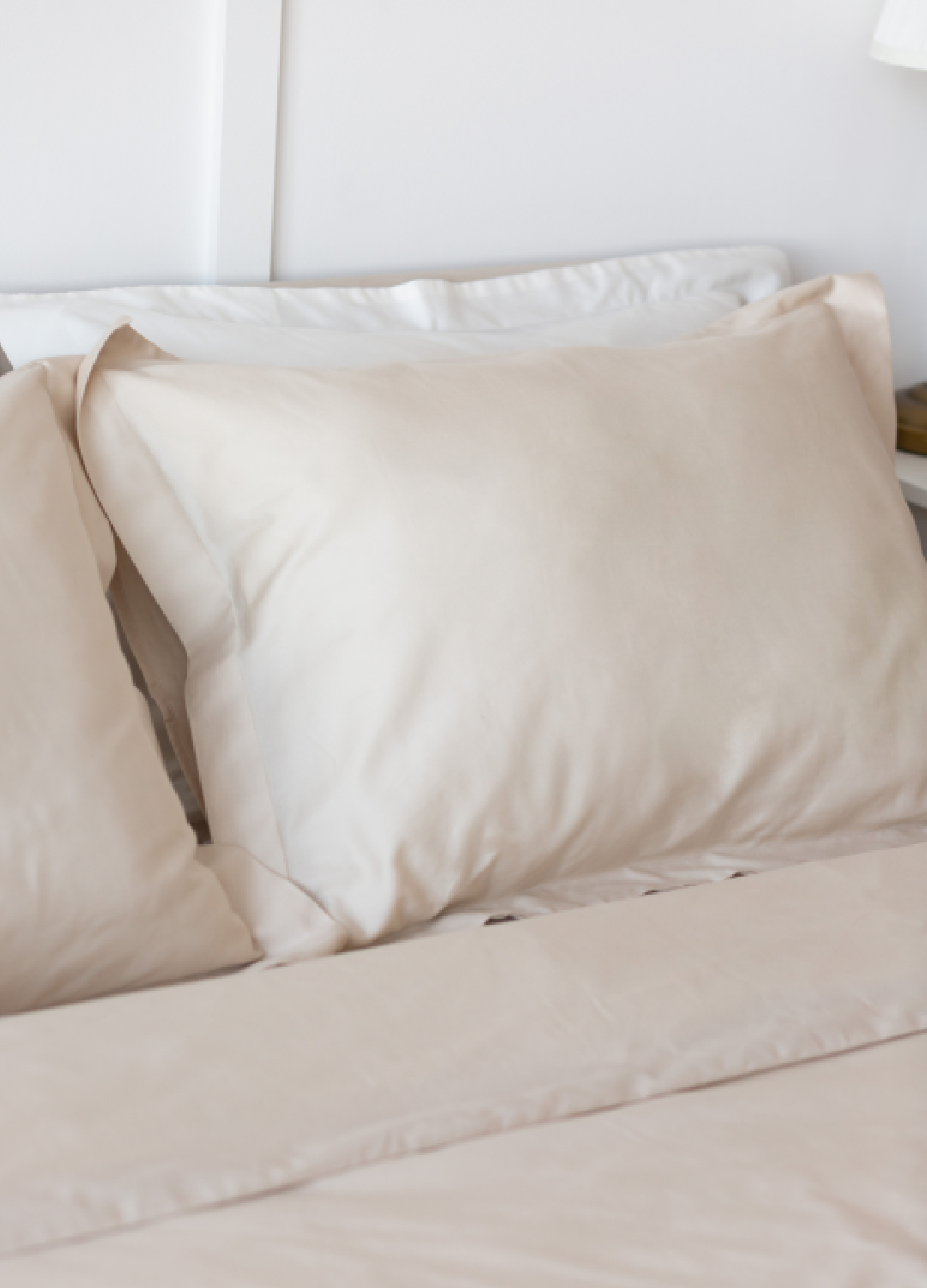
This is by no means a definitive necessity for a good skincare routine, but some skincare experts do recommend that a silk pillowcase is more gentle on the skin and reduces friction. You could also invest in a silk eye mask to keep your eyes protected when you sleep.
A healthy lifestyle will complement your skincare routine

A healthy lifestyle should always complement your skincare routine. For example, there's no point in using the right products to hydrate your skin if your body is dehydrated.
Skincare expert Sarah Murrell explains, "As a functional medicine academic and BSc student, I recommend paying attention to your diet, lifestyle, and overall wellbeing, alongside a consistent and effective skincare routine, to foster long-term skin health."
If you want to improve the skin barrier, try niacinamide
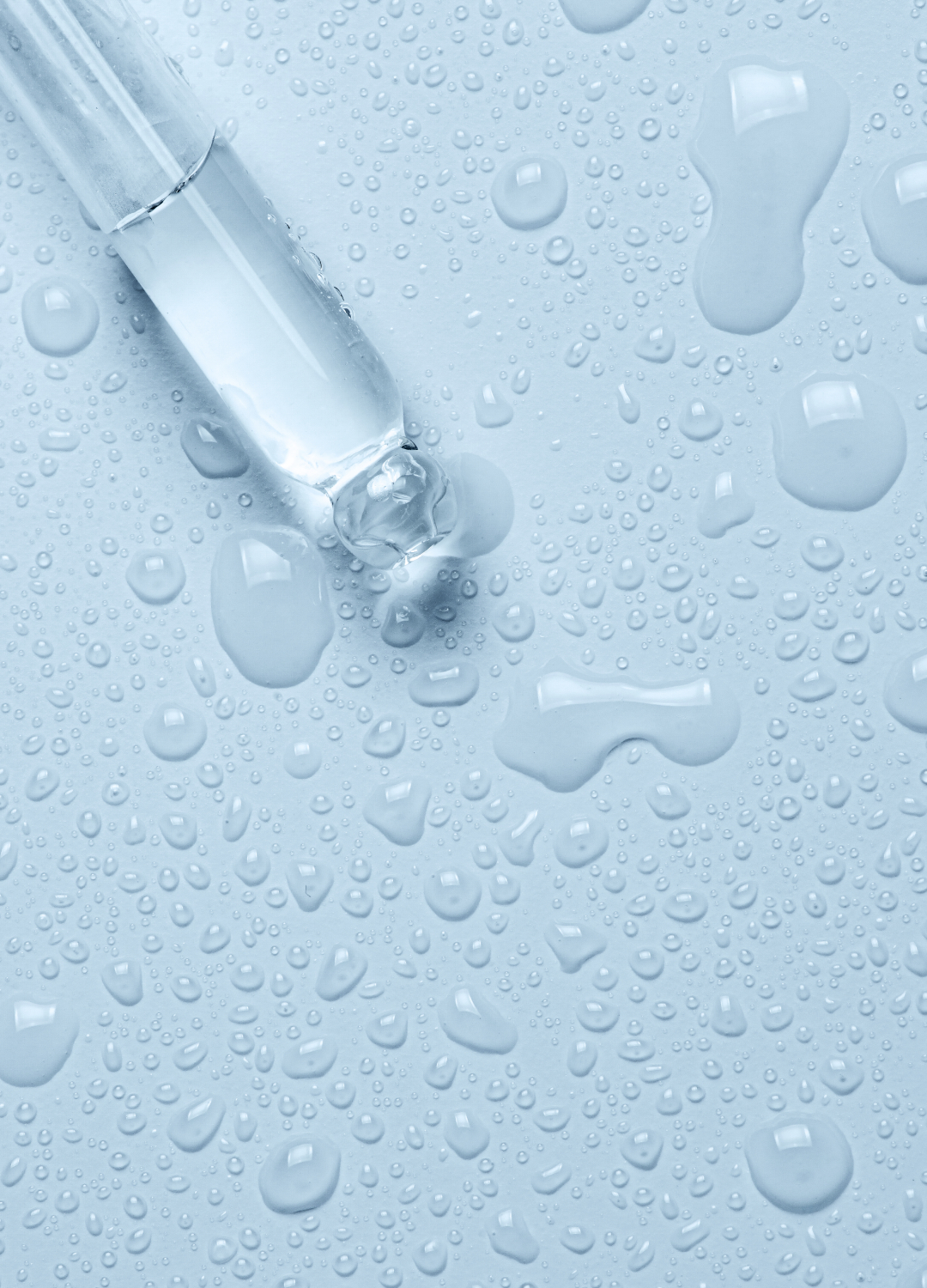
Niacinamide (also known as vitamin B3), is great for reducing inflammation and improving the skin barrier function. Look for serums with this ingredient to soothe the skin and protect your skin in the long run.
Keep your makeup brushes clean
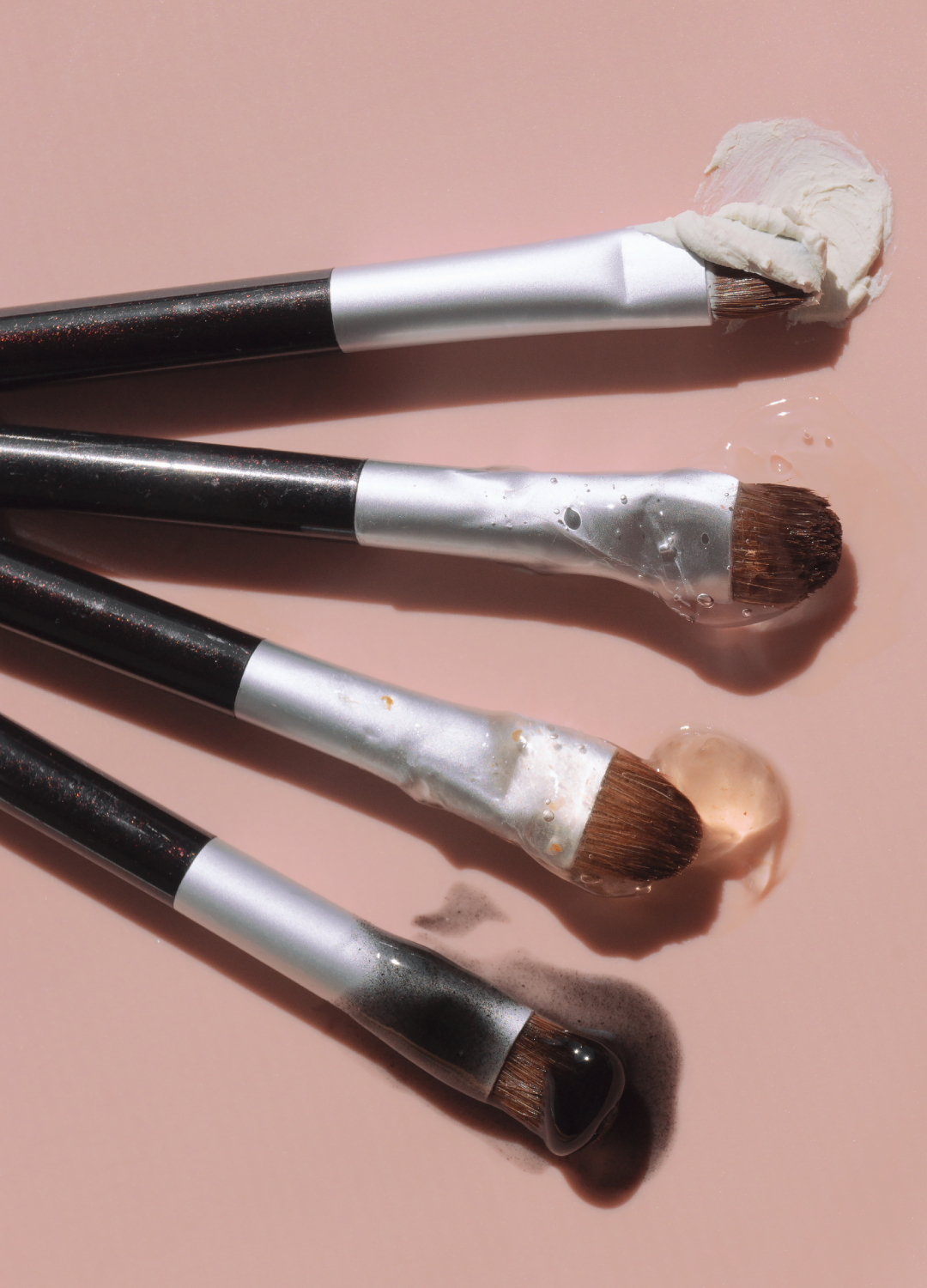
A good skincare routine is all well and good, but if you're not keeping your face clean it's all futile. Keep your makeup brushes and sponges clean with a weekly disinfecting session. All you'll need is a gentle soap or facial wash and warm water, then leave the brushes to dry naturally.
Keep essentials in your bag
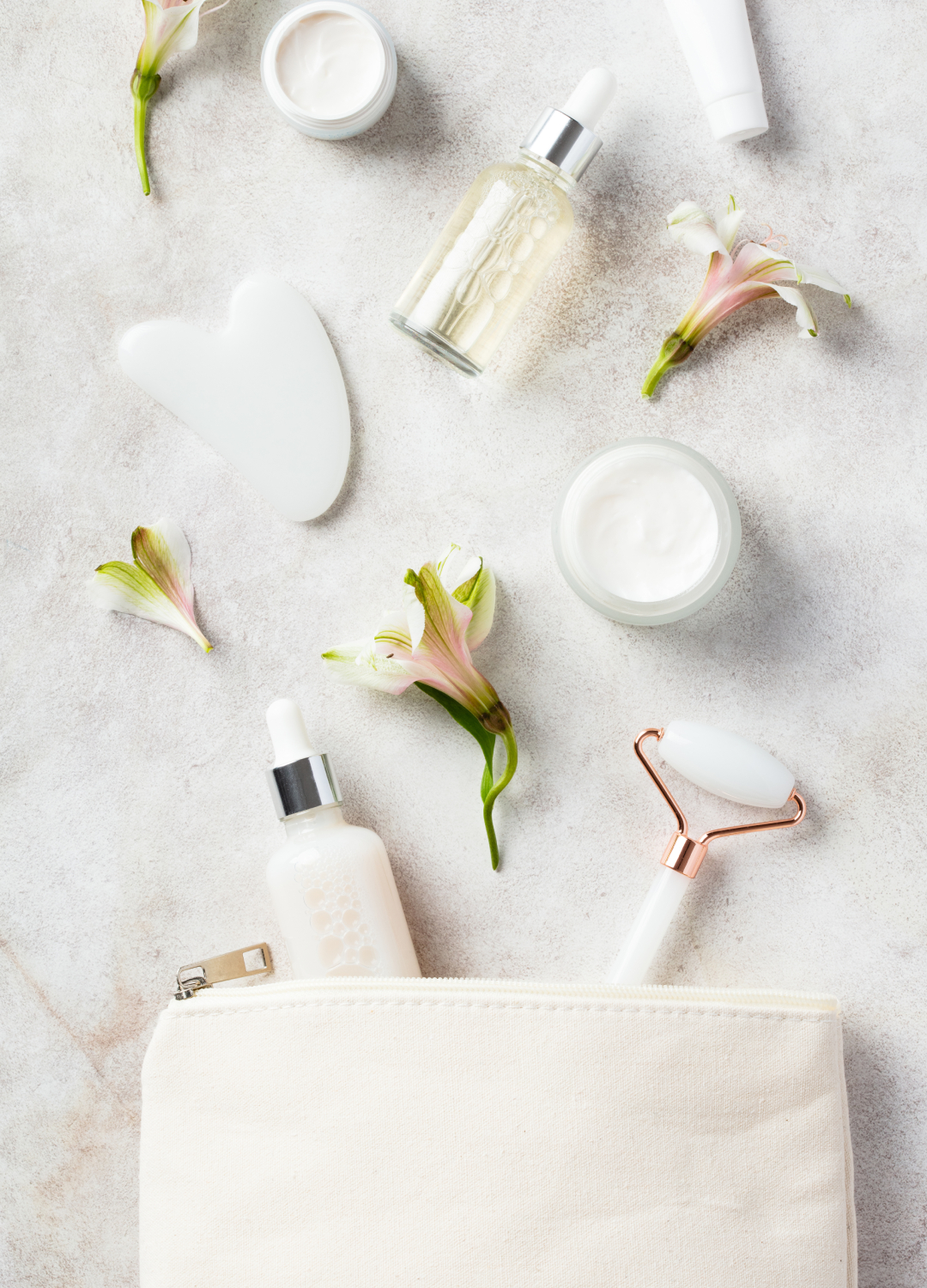
Make sure you're armed with the essentials to top up your skincare throughout the day. Keep handy an SPF spray and hydrating spritz (or both in one if you can find a multi-purpose product that works for you) and moisturising lip balm to ensure you're nourished throughout the day.
Incorporate in a facial oil
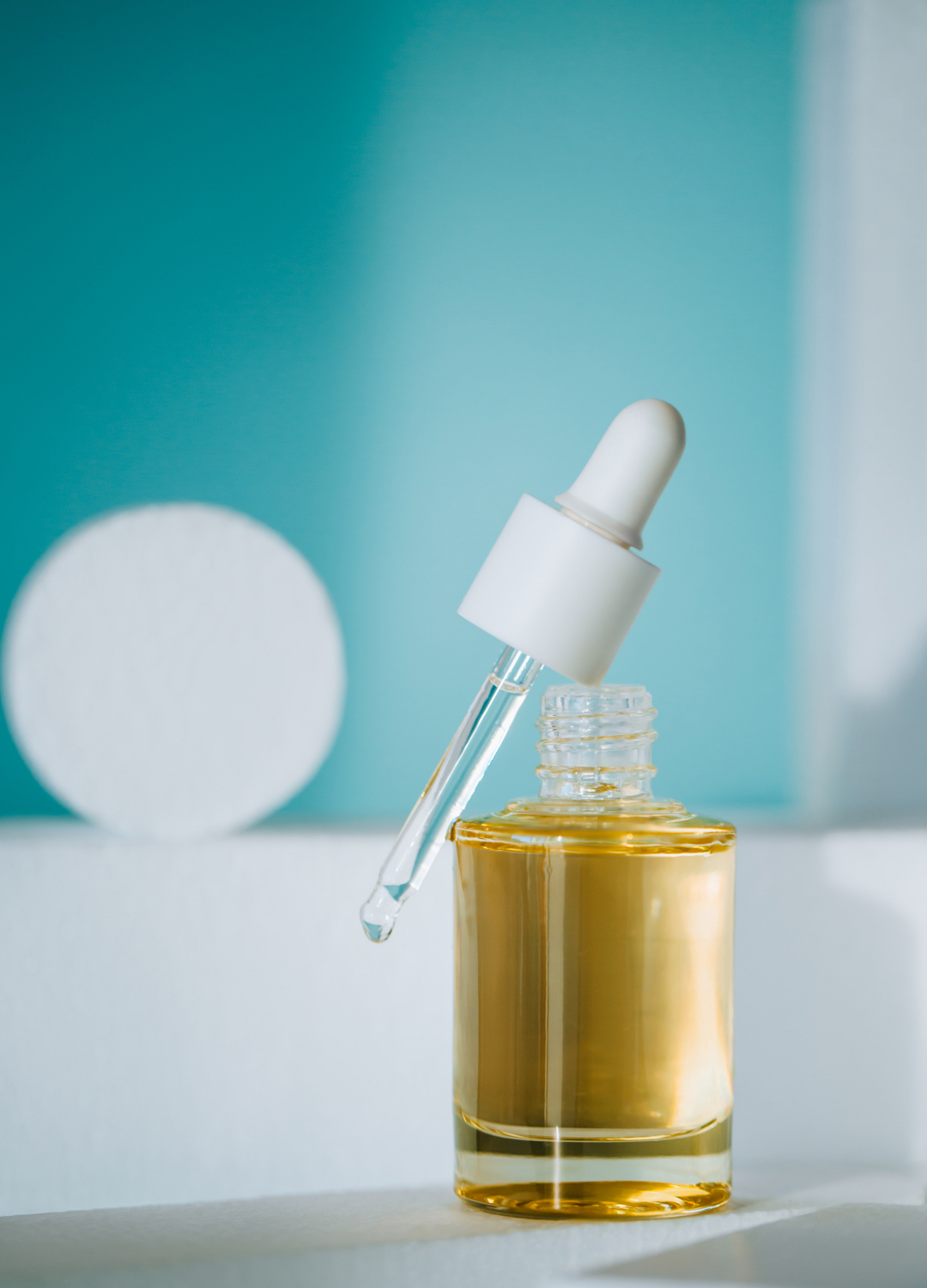
Sometimes your skin might need an extra hit of moisture and a facial oil as part of an evening skincare routine can help. Those with rosacea or other sensitive skin conditions might struggle with oil formulas, so it's best to try any facial oil before you start using it.
Consider an LED mask

LED face masks, where light therapy is used to treat acne, regulate natural oil production, stimulate collagen and elastin and minimise redness and wrinkles, have been gaining popularity in the beauty space. Consider introducing an LED mask into your beauty routine.
Choose the right treatment for acne
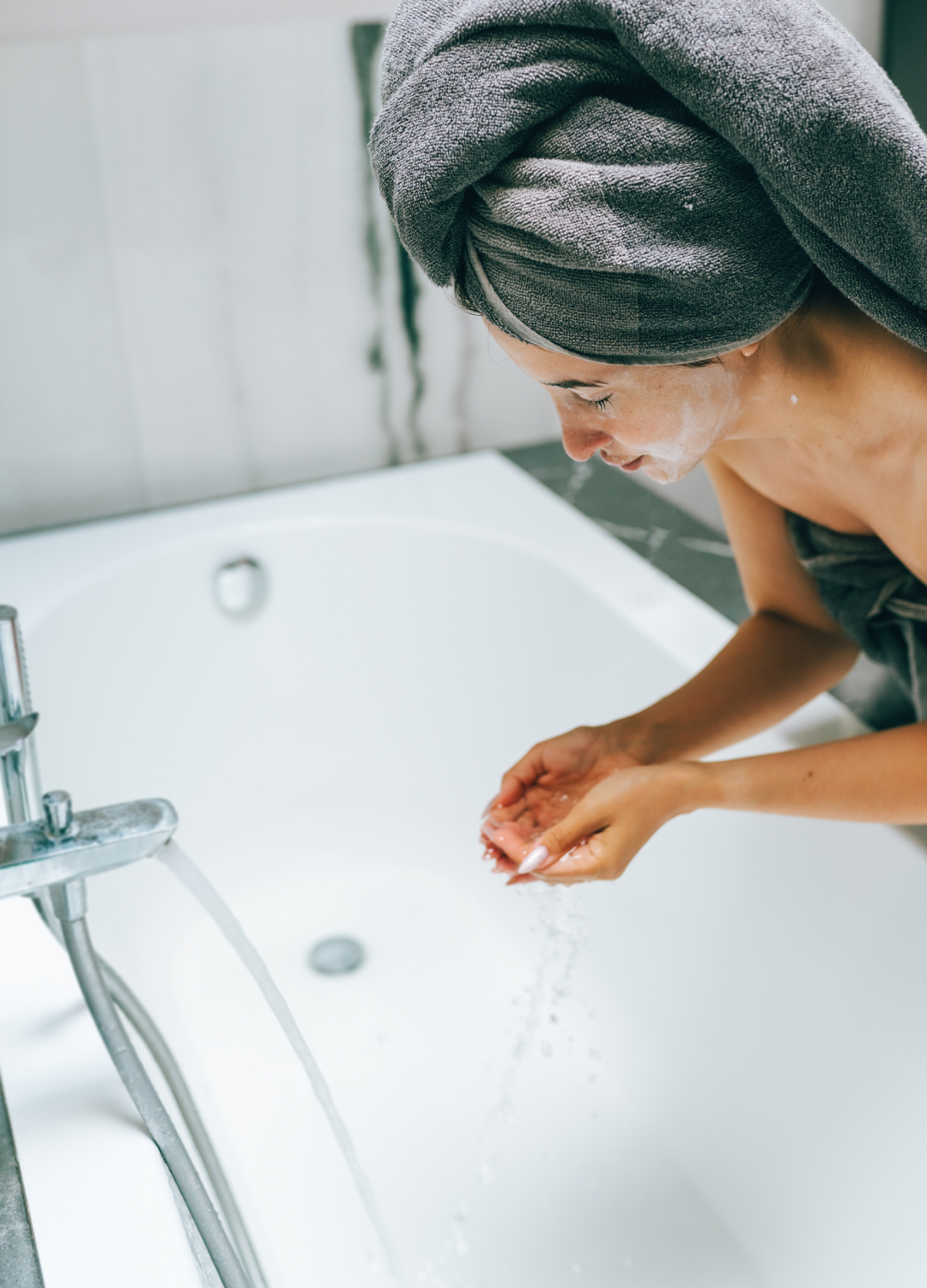
When it comes to treating acne-prone skin, it's important to be wise about which ingredients you go for. Salicylic acid is good for whiteheads and blackheads, while benzoyl peroxide is better for deeper-set acne. These ingredients can be drying, so it's important to talk to a dermatologist about how to keep the skin balanced and top up hydration.
Try not to touch your face
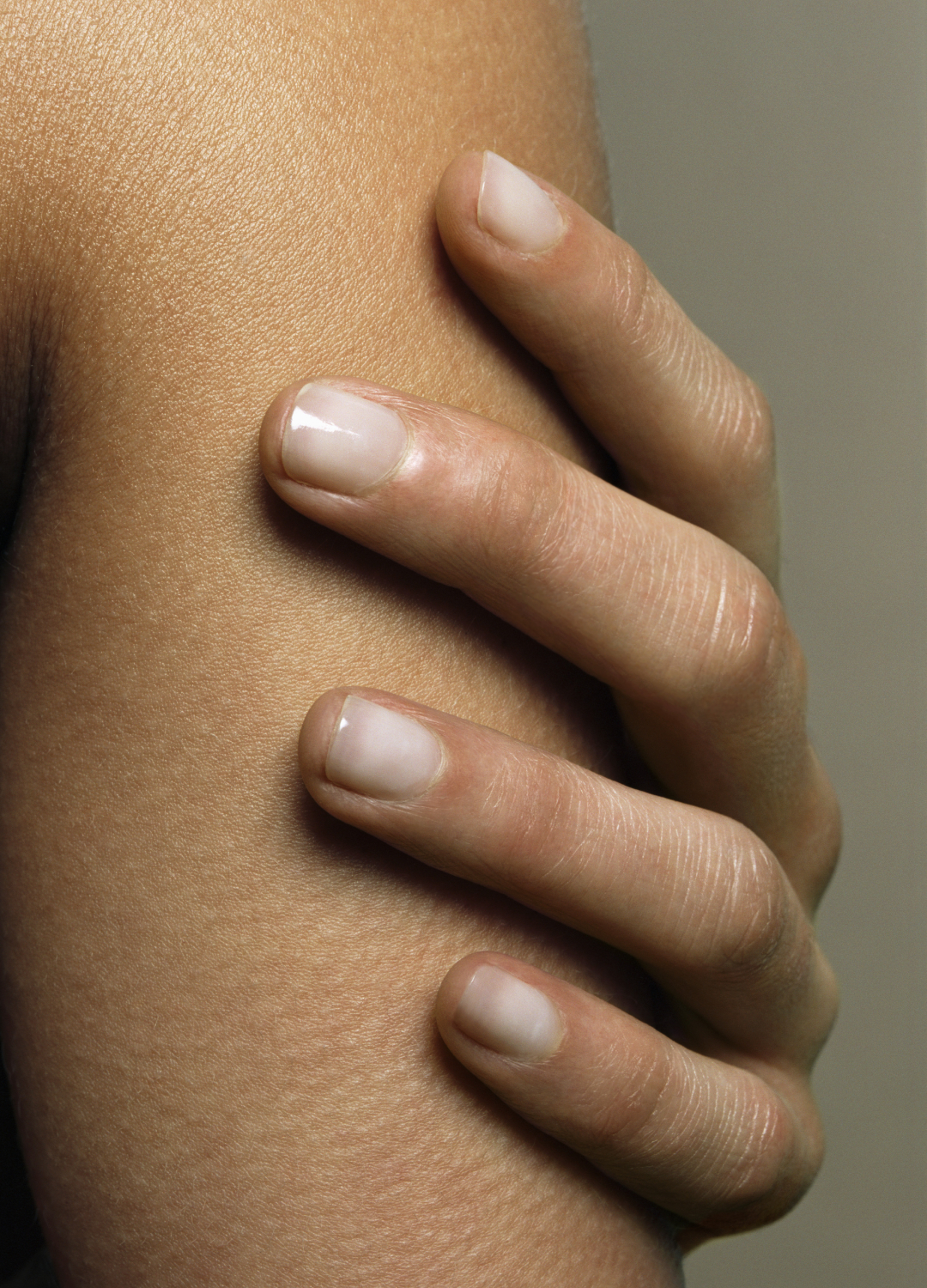
Your skin is very sensitive and the last thing you want to do is introduce any bacteria to the area. Keep hands clean and nails and try to prevent touching your face as much as possible. On the subject of hands, don't forget hand cream as part of your skincare routine either.
Make sure your skincare routine brings you joy
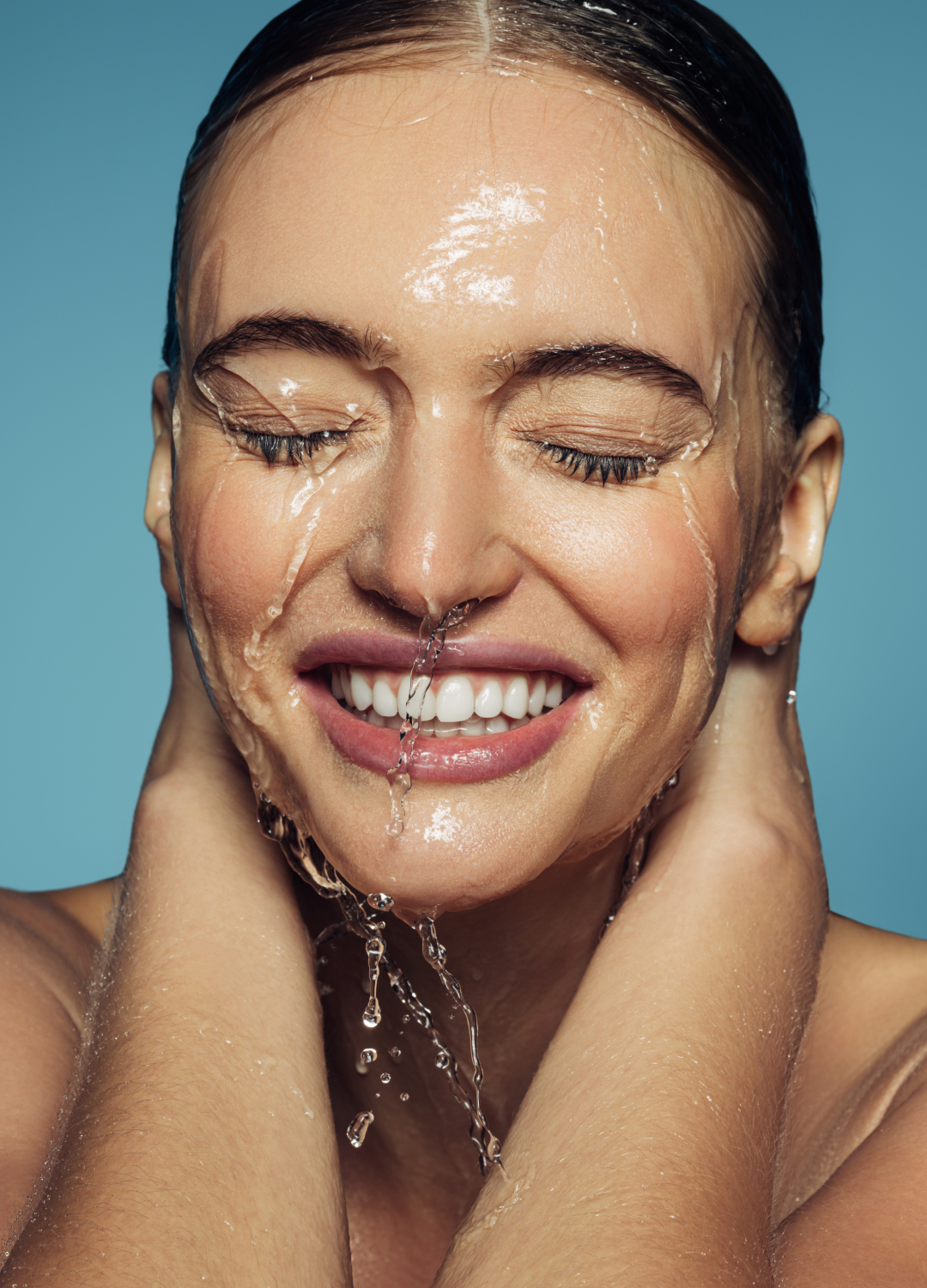
When it comes to a skincare routine, it shouldn't be a chore. "A skincare routine should never feel complicated or overwhelming, rather a moment of joy and self-care," skincare expert Sarah Merrell tells us. "Start with a simple, everyday routine that seeks to cleanse, hydrate and nourish your skin in just three to four steps."
Consider retinol

Retinol can be a great tool in a skincare routine, providing relief from acne, as well as reducing wrinkles and fine lines. It's important to go easy with this ingredient though as it can irritate some skin types.
Read the label
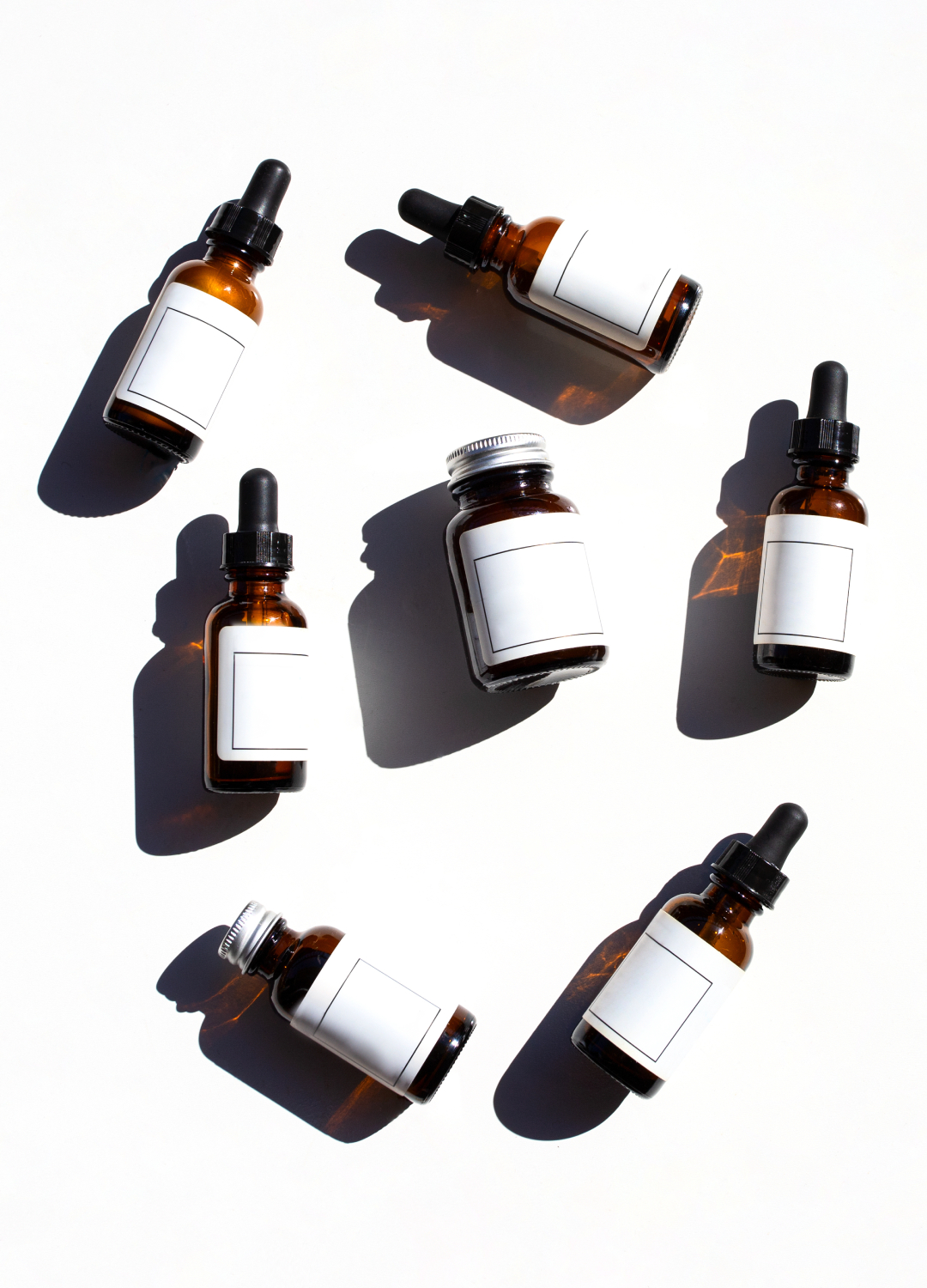
Beauty products can be deceiving - while something might say it's all-natural and organic, there can be hidden nasties on the ingredients list. Check out the credentials of your products before you buy.
Patience is key
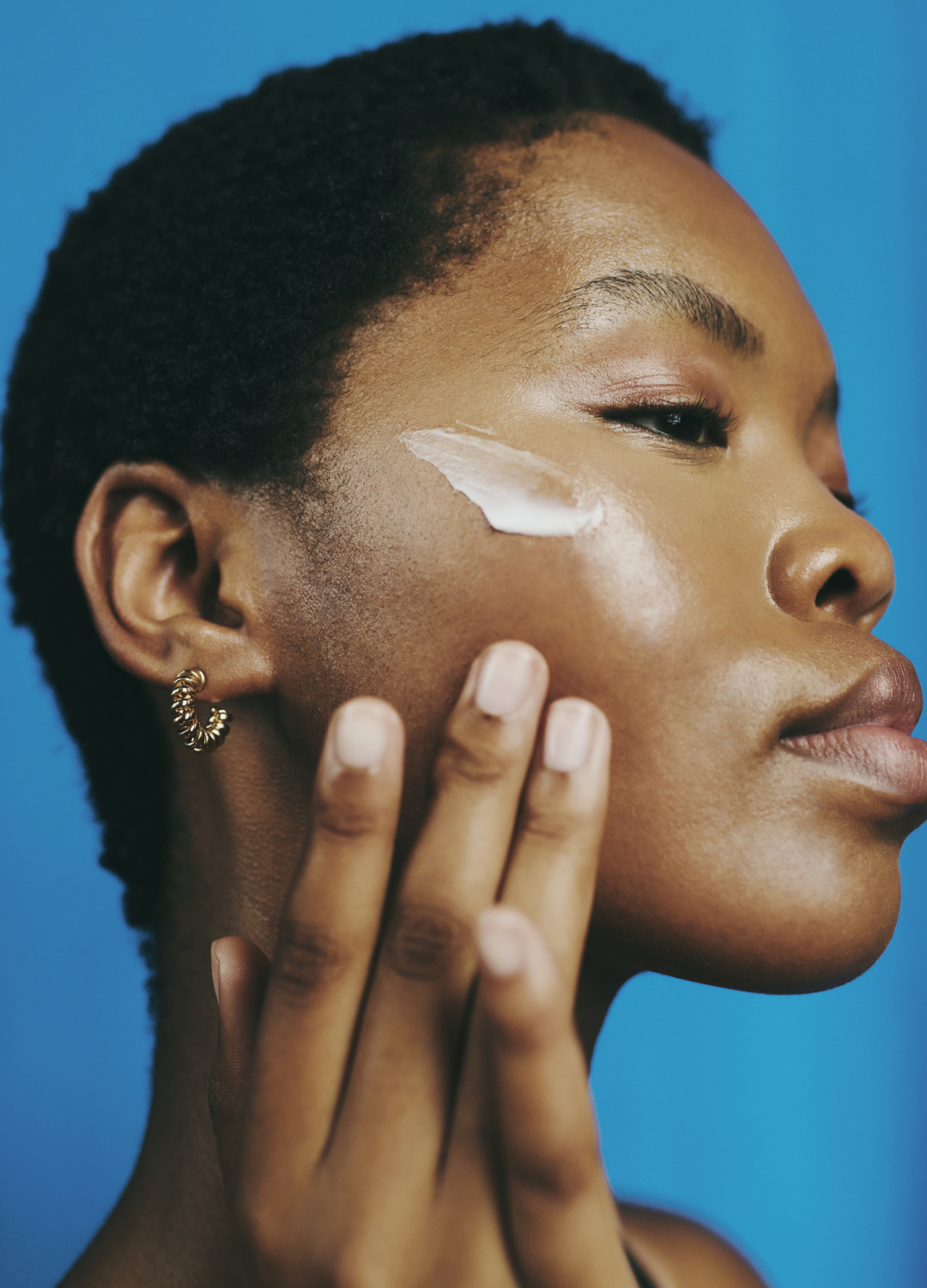
A good skincare routine won't show effects overnight. "Education and patience are key – the transformation of the skin doesn’t happen overnight and people often get discouraged if they feel the products are not delivering results in days to a few weeks" Dr Ifeoma Ejikeme explains. "It usually takes the skin 3 skin cycles to see real change for most people that is 12 weeks. So give your routine time to work."
Lauren is the former Deputy Digital Editor at woman&home and became a journalist mainly because she enjoys being nosy. With a background in features journalism, Lauren worked on the woman&home brand for four years before going freelance. Before woman&home Lauren worked across a variety of women's lifestyle titles, including GoodTo, Woman's Own, and Woman magazine.
-
 The Handmaid's Tale: Does June get Hannah back at the end of season 6?
The Handmaid's Tale: Does June get Hannah back at the end of season 6?It's been June's endgame from the very first moments of The Handmaid's Tale, but will she be reunited with her daughter Hannah at the end of season 6?
By Lucy Wigley
-
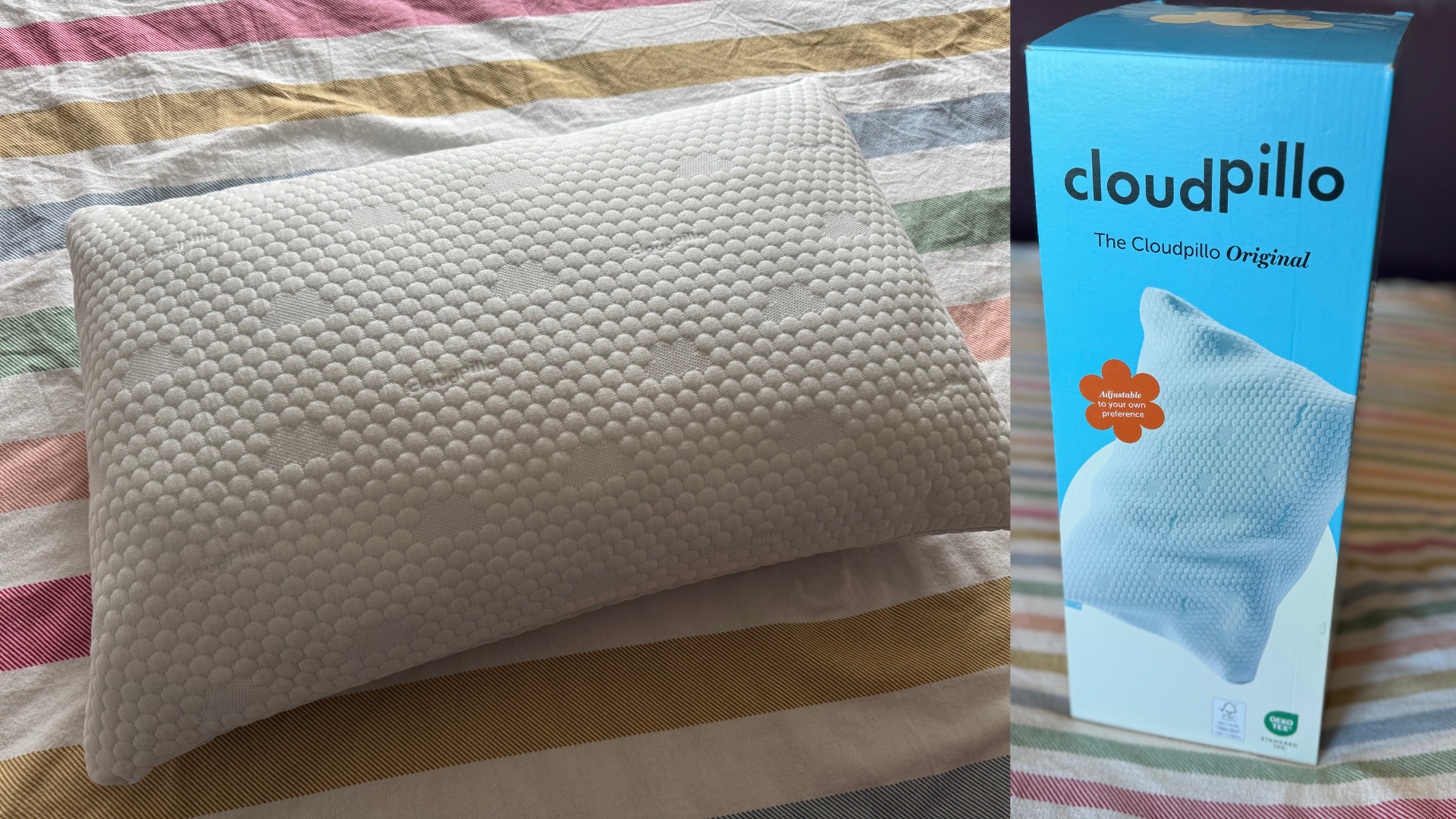 My decades-long quest for the perfect pillow ends here, but forget what you think you know about memory foam
My decades-long quest for the perfect pillow ends here, but forget what you think you know about memory foamPacked full of tiny pieces of shredded memory foam with a dual-sided cover to keep you cool, this is the next best thing to sleeping on a cloud
By Heidi Scrimgeour